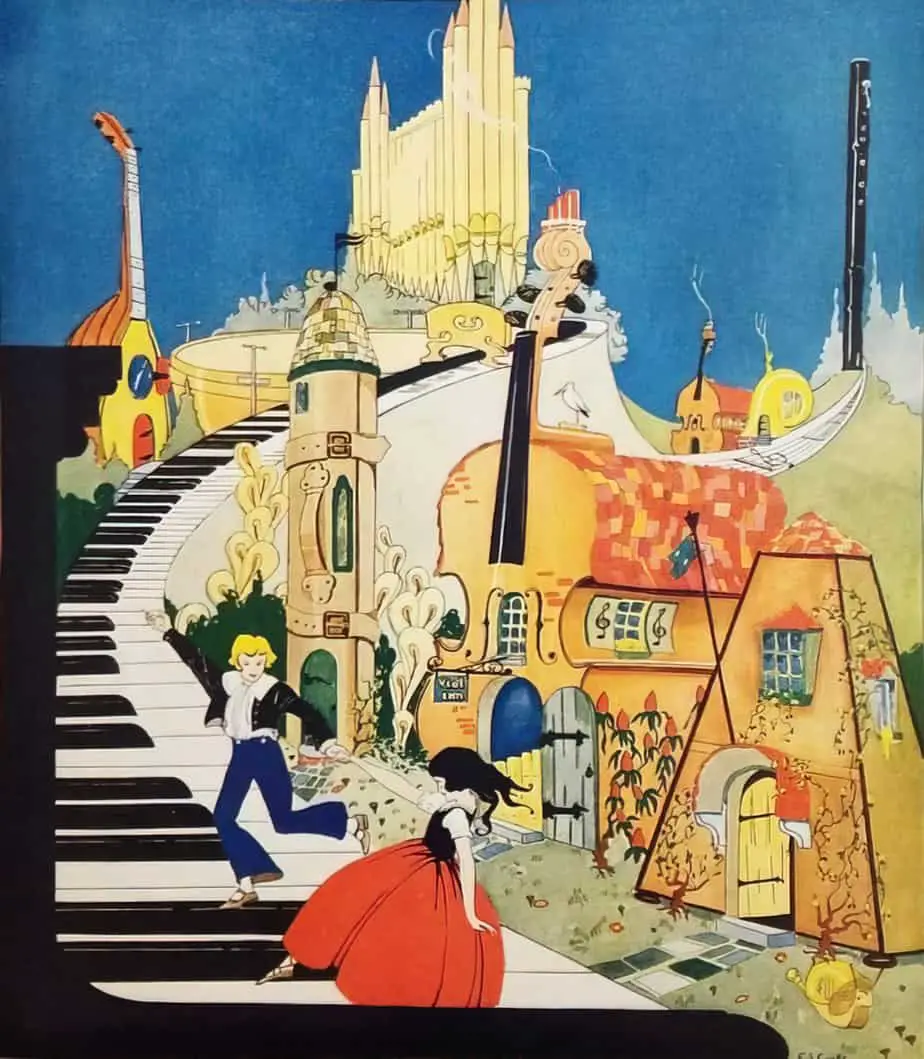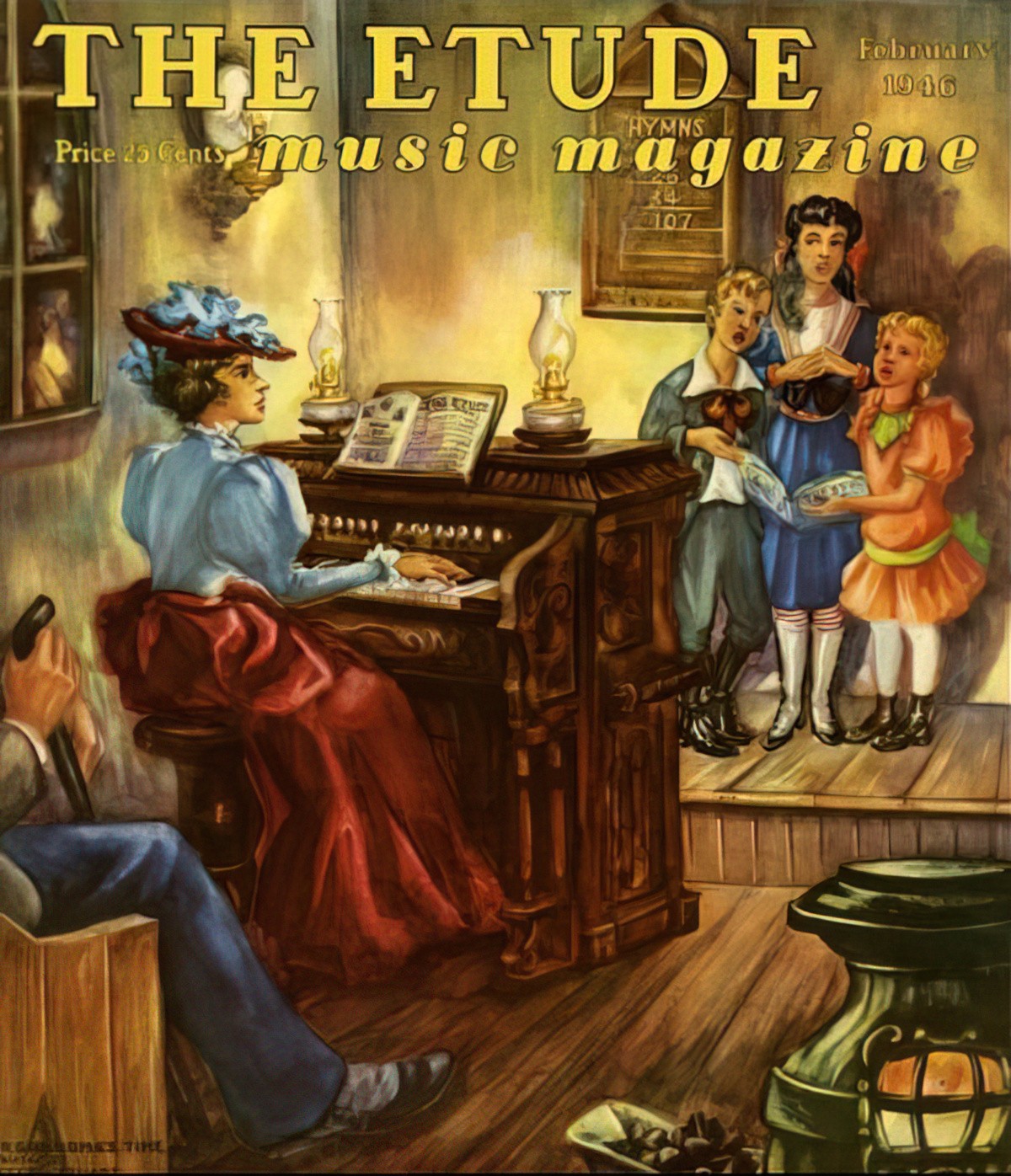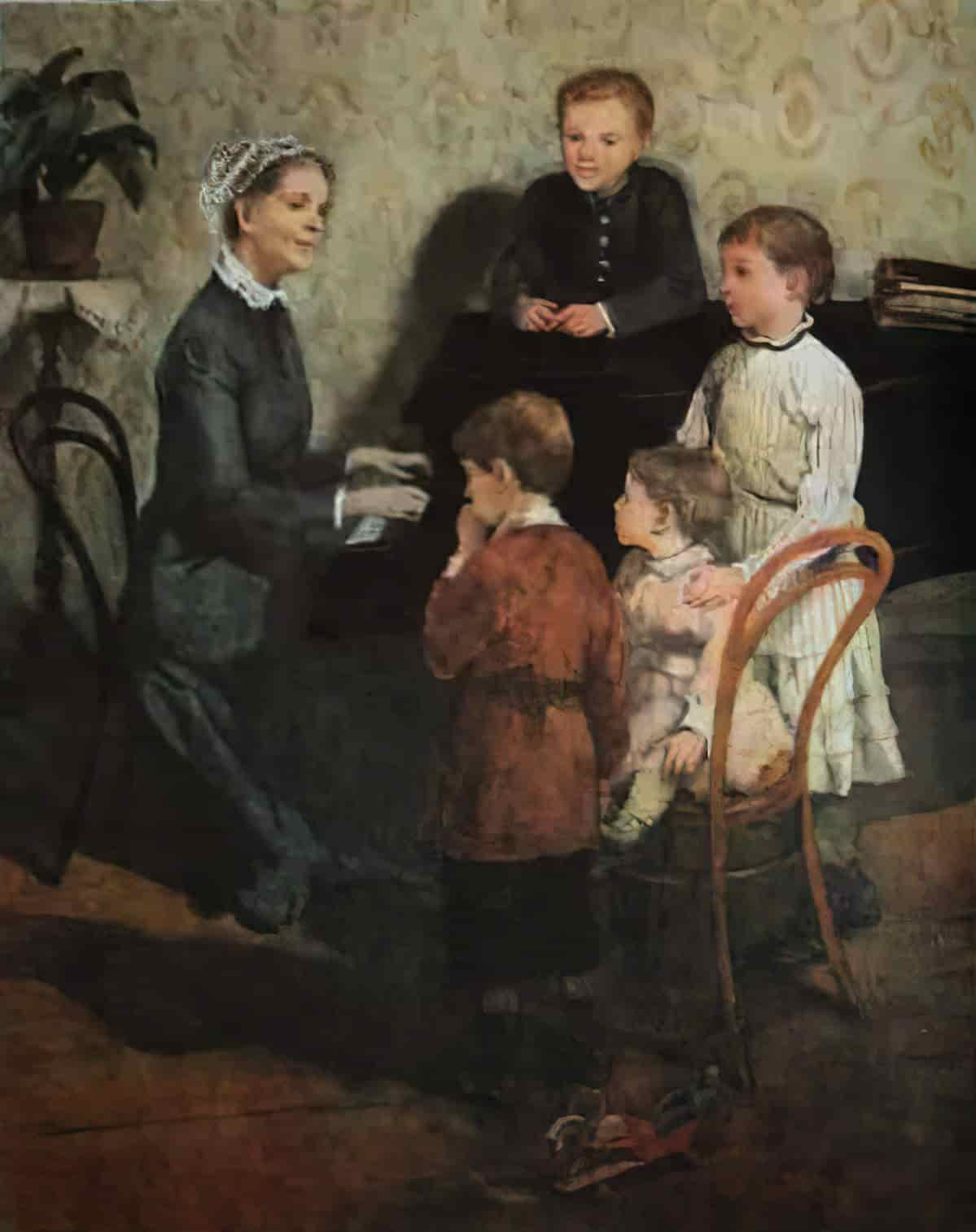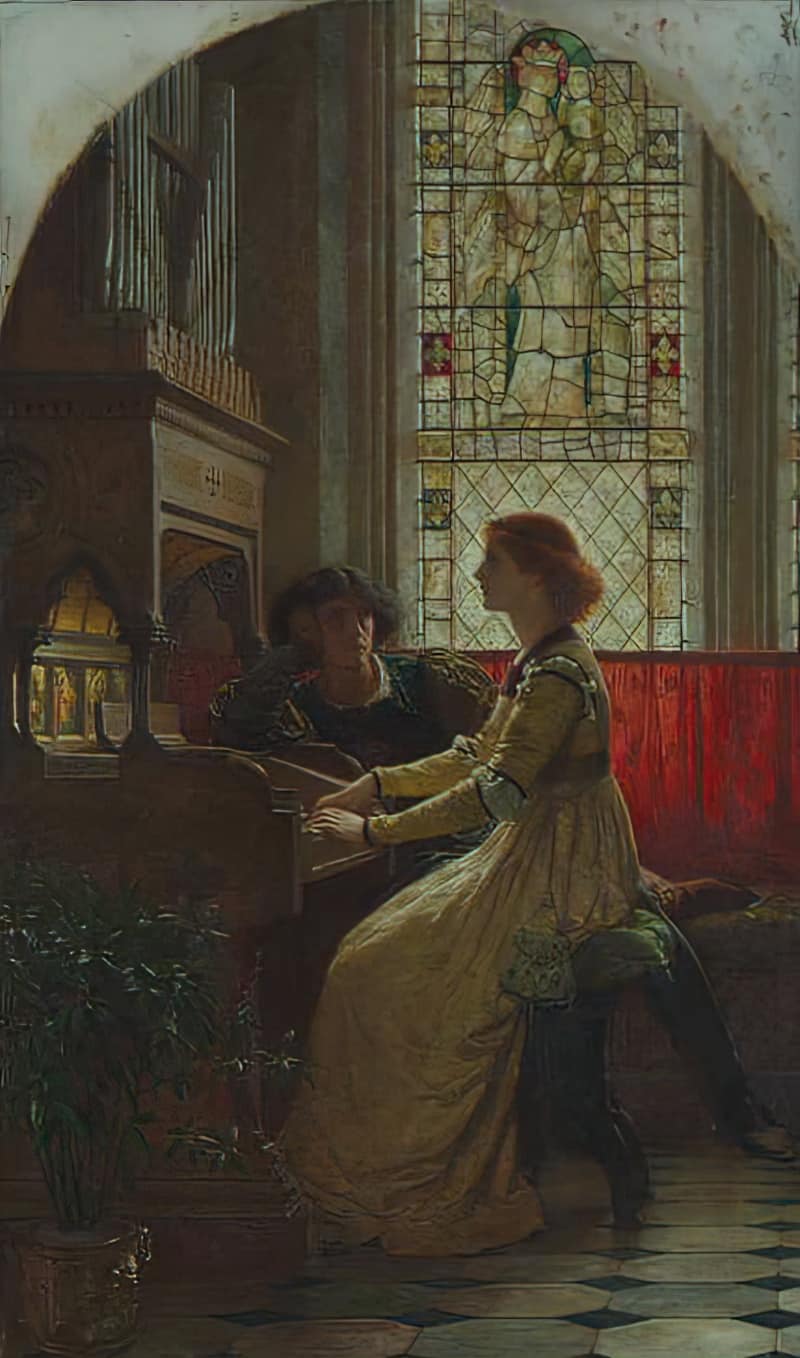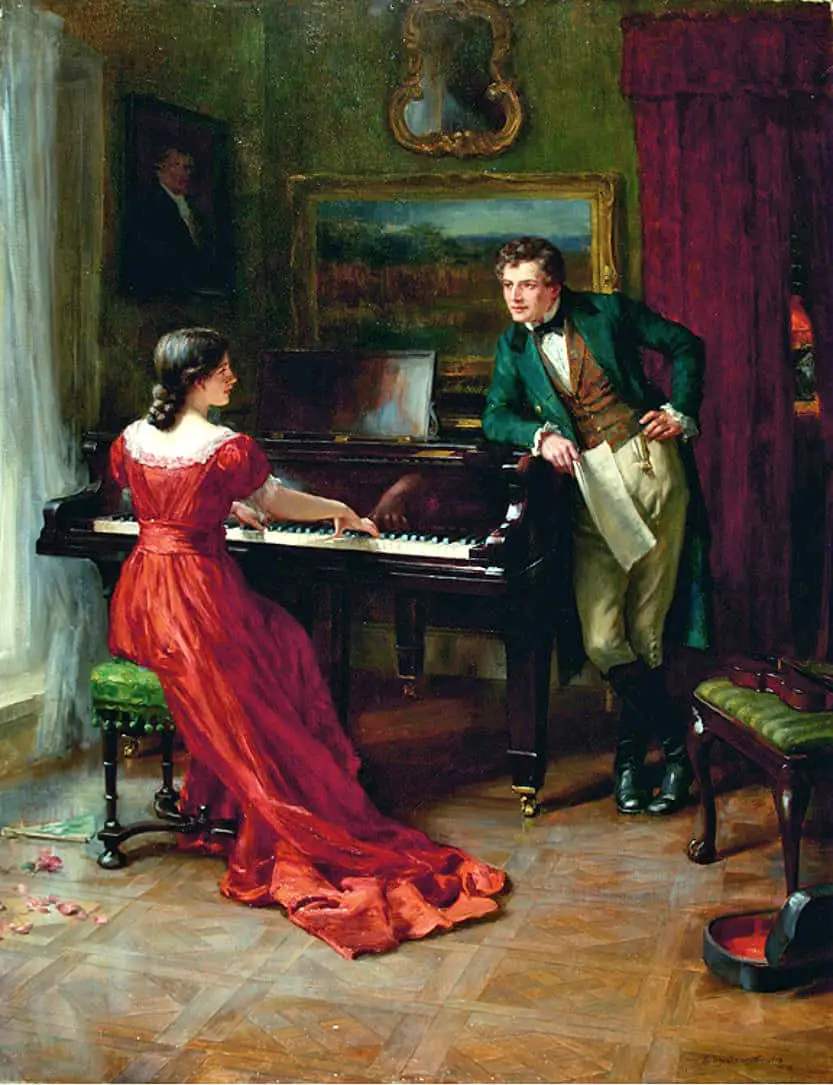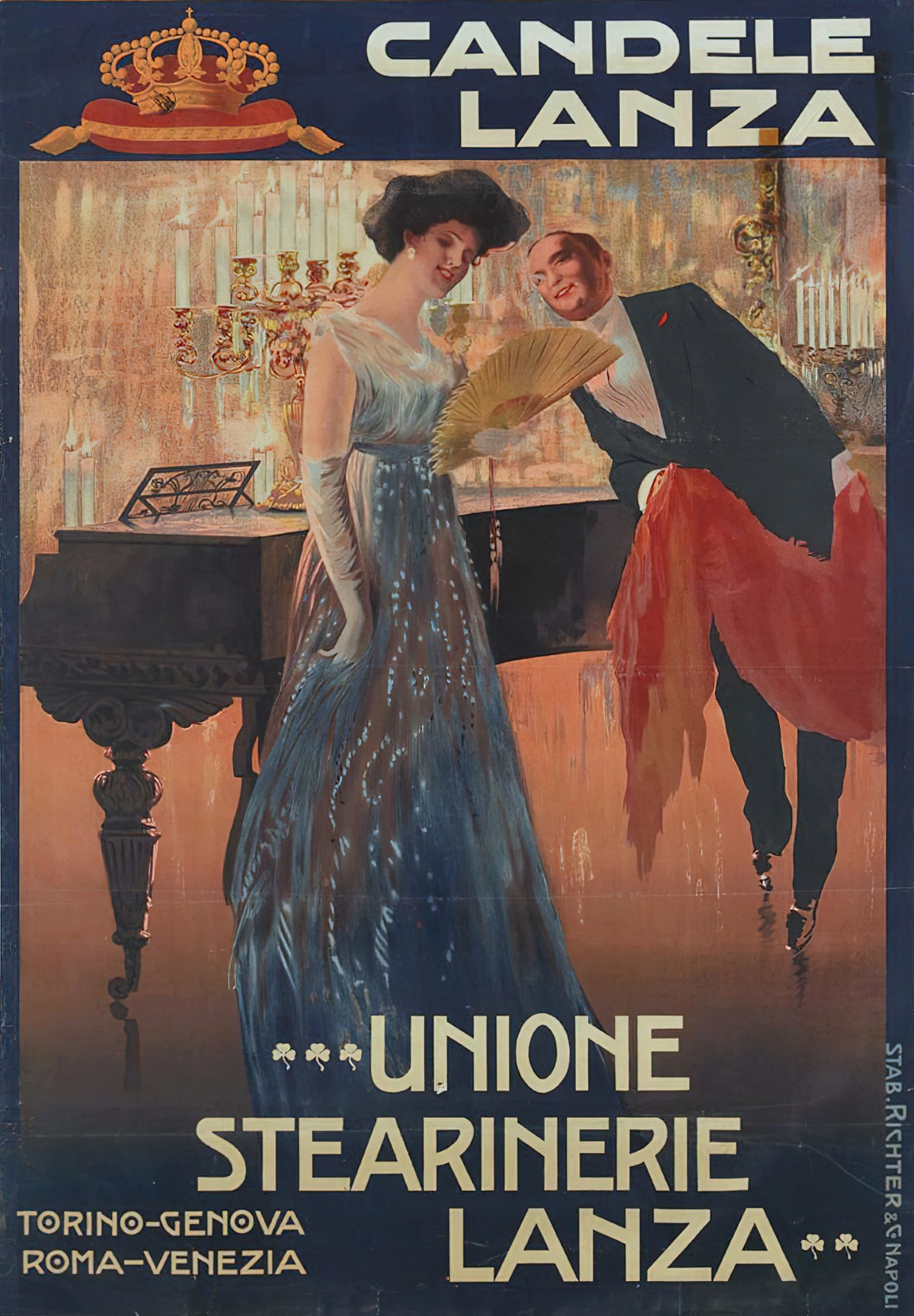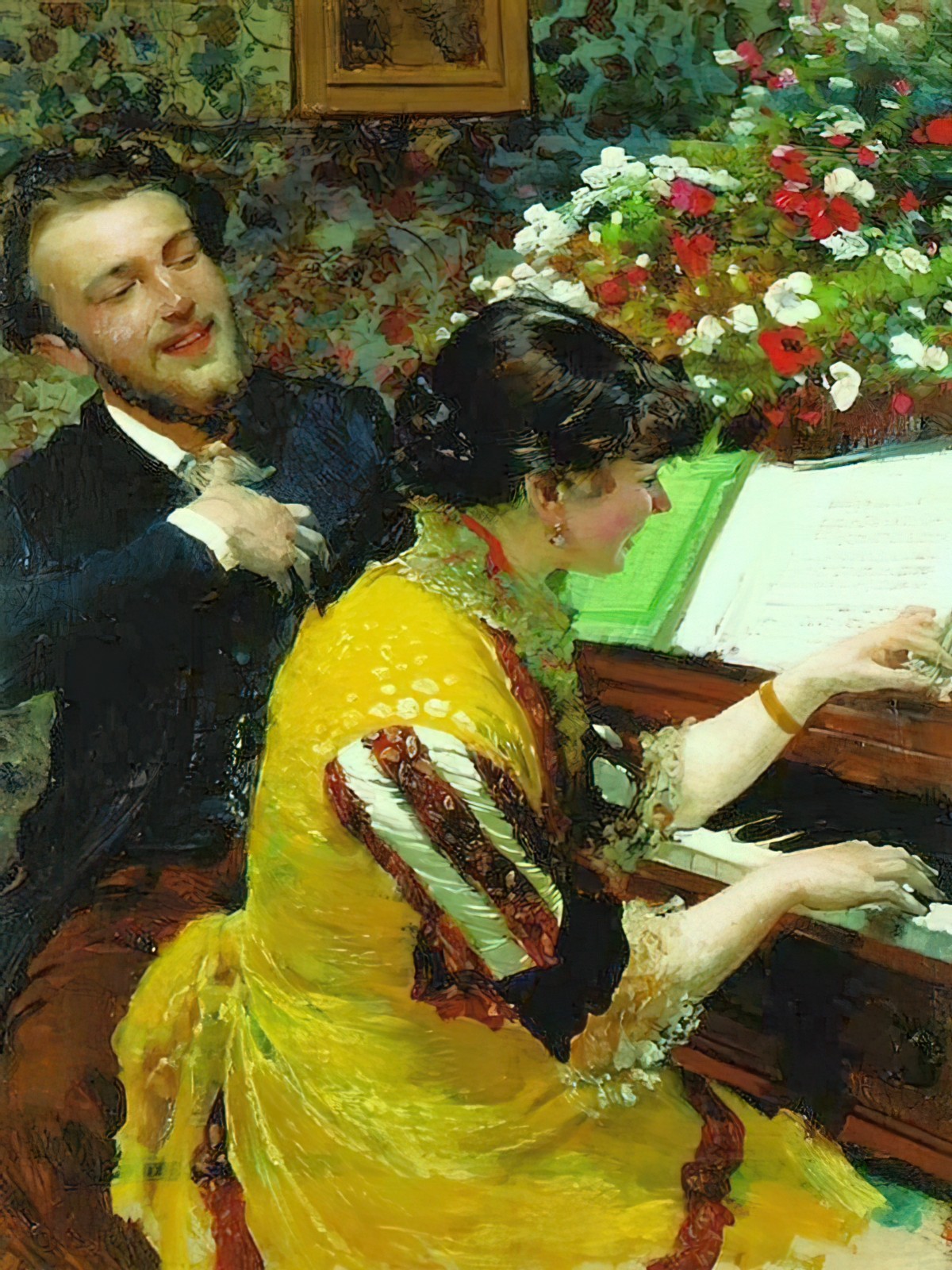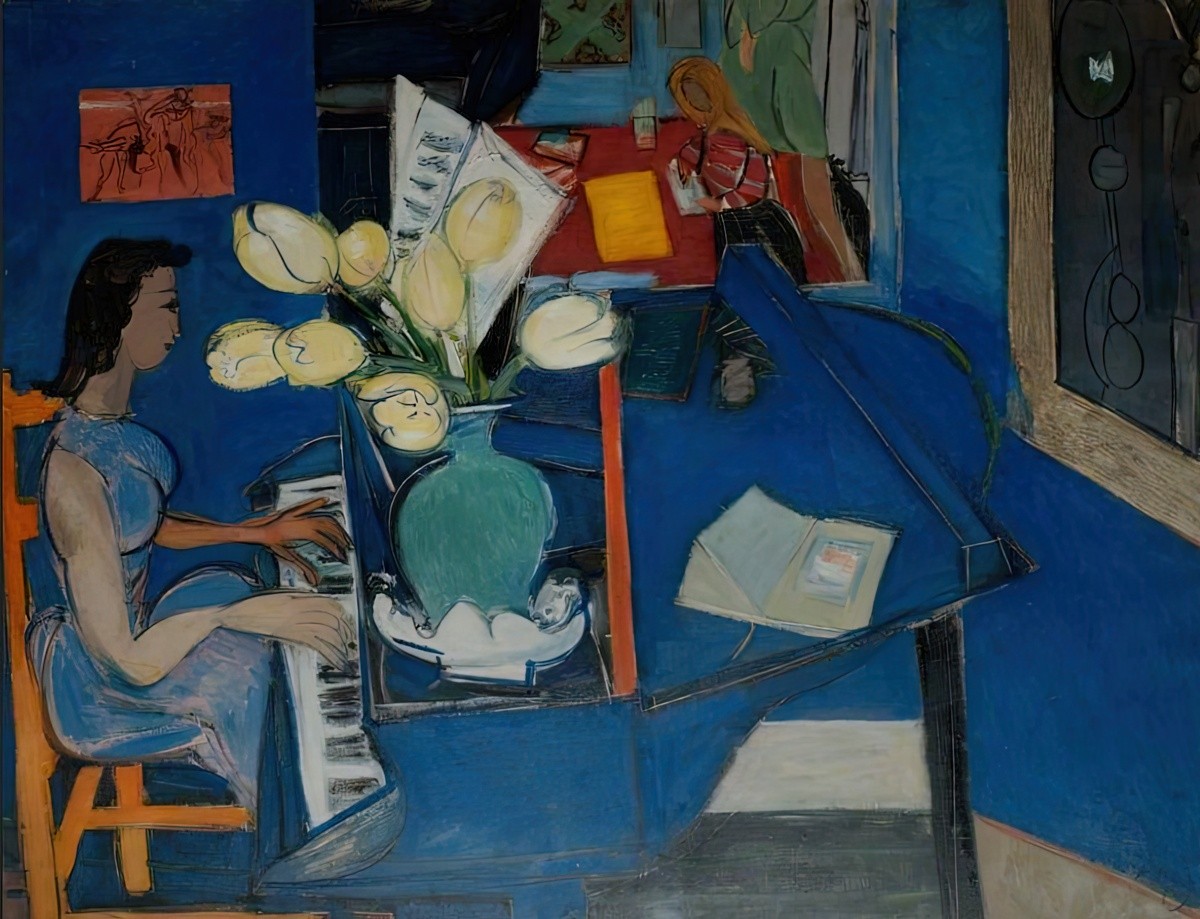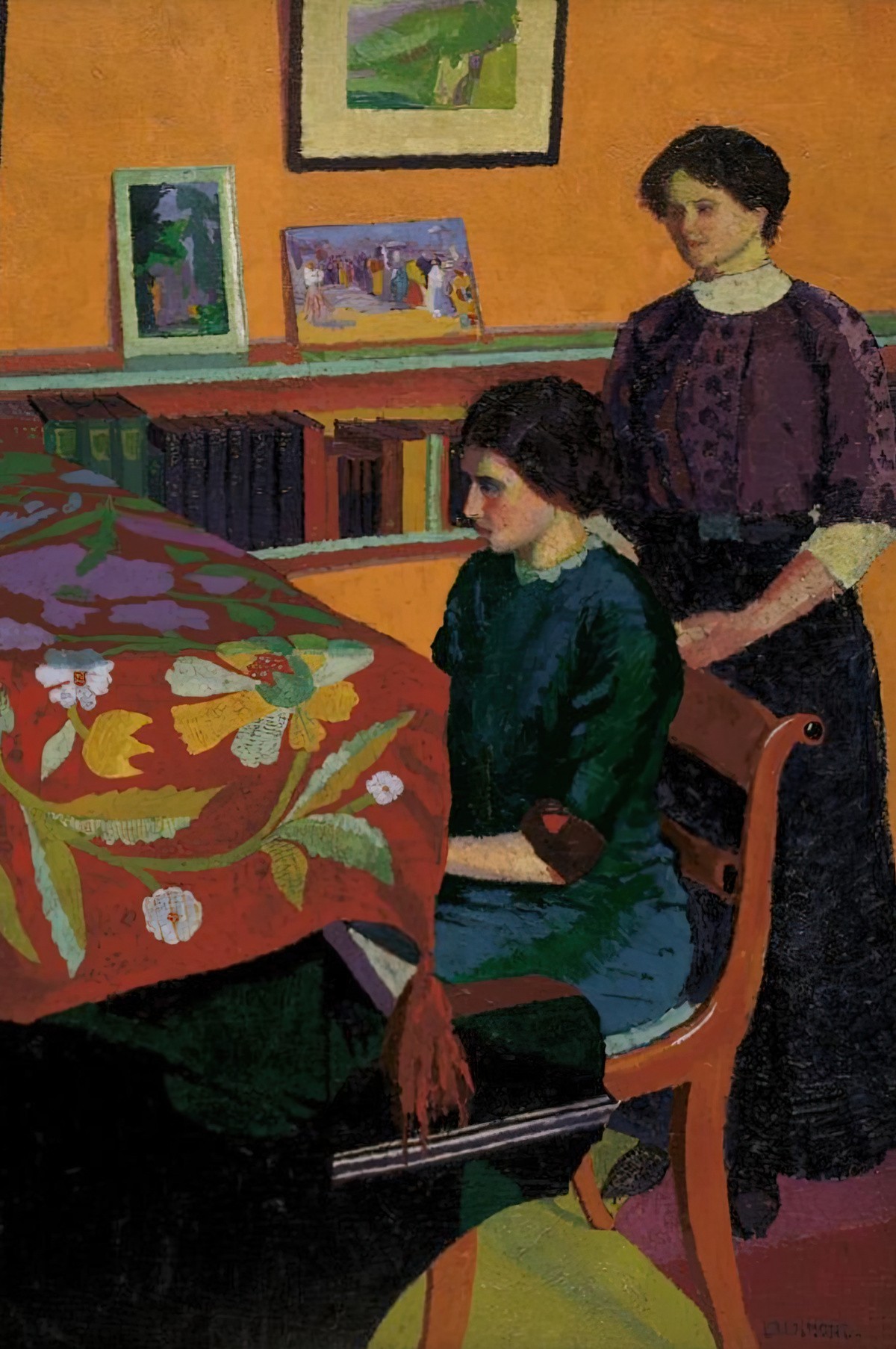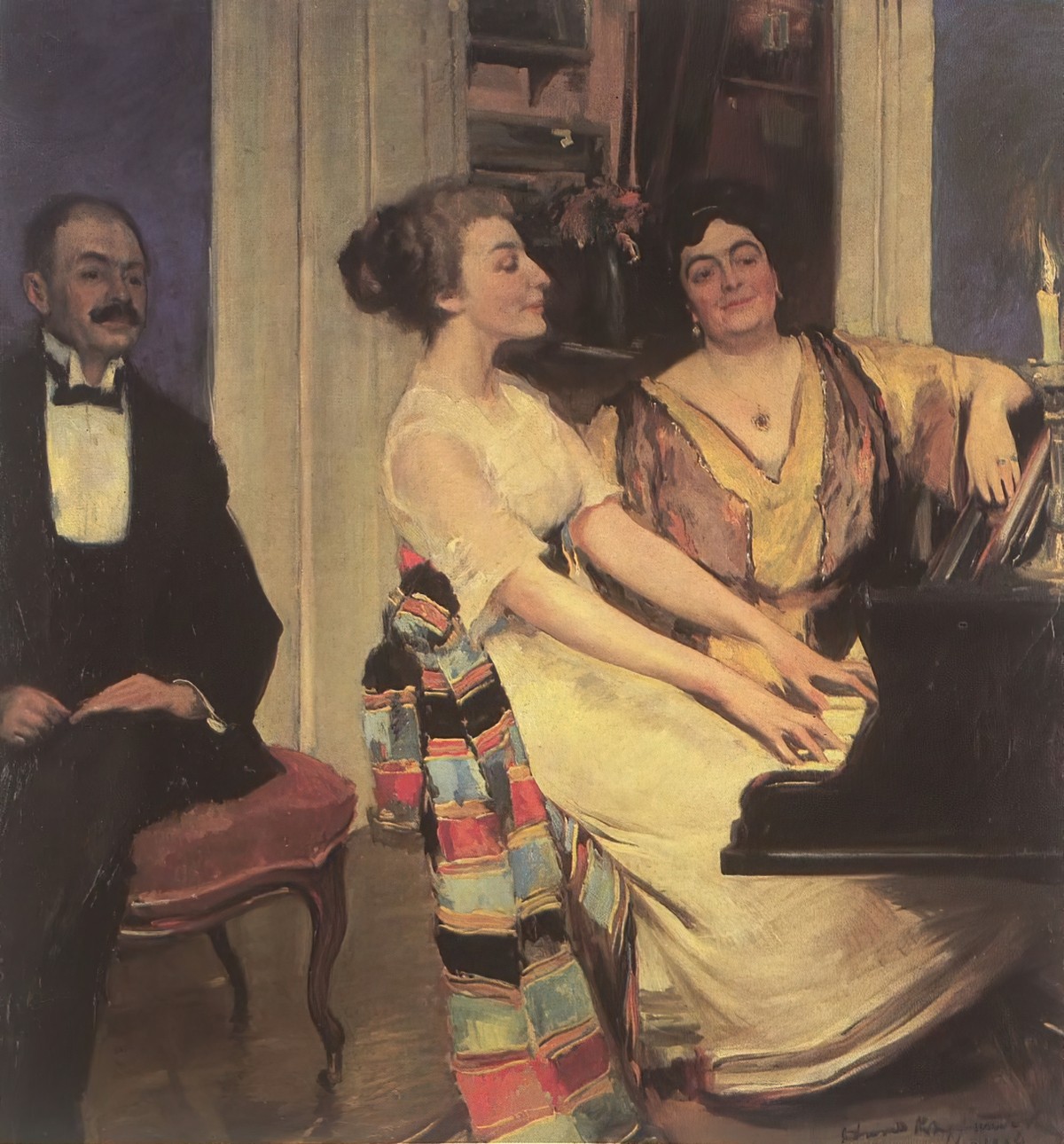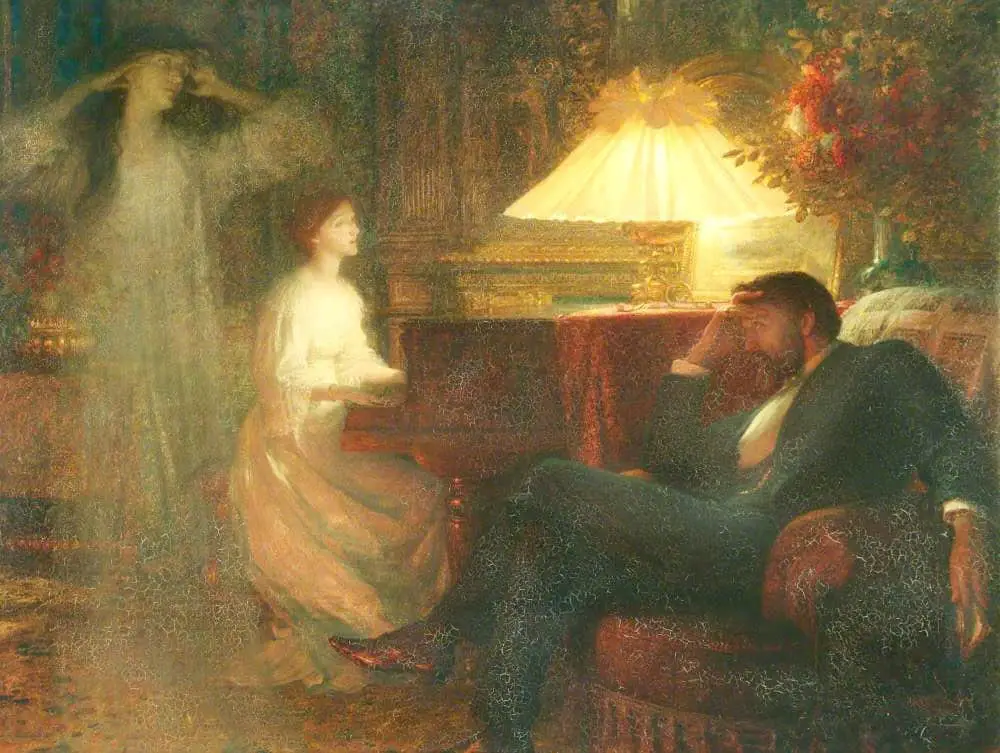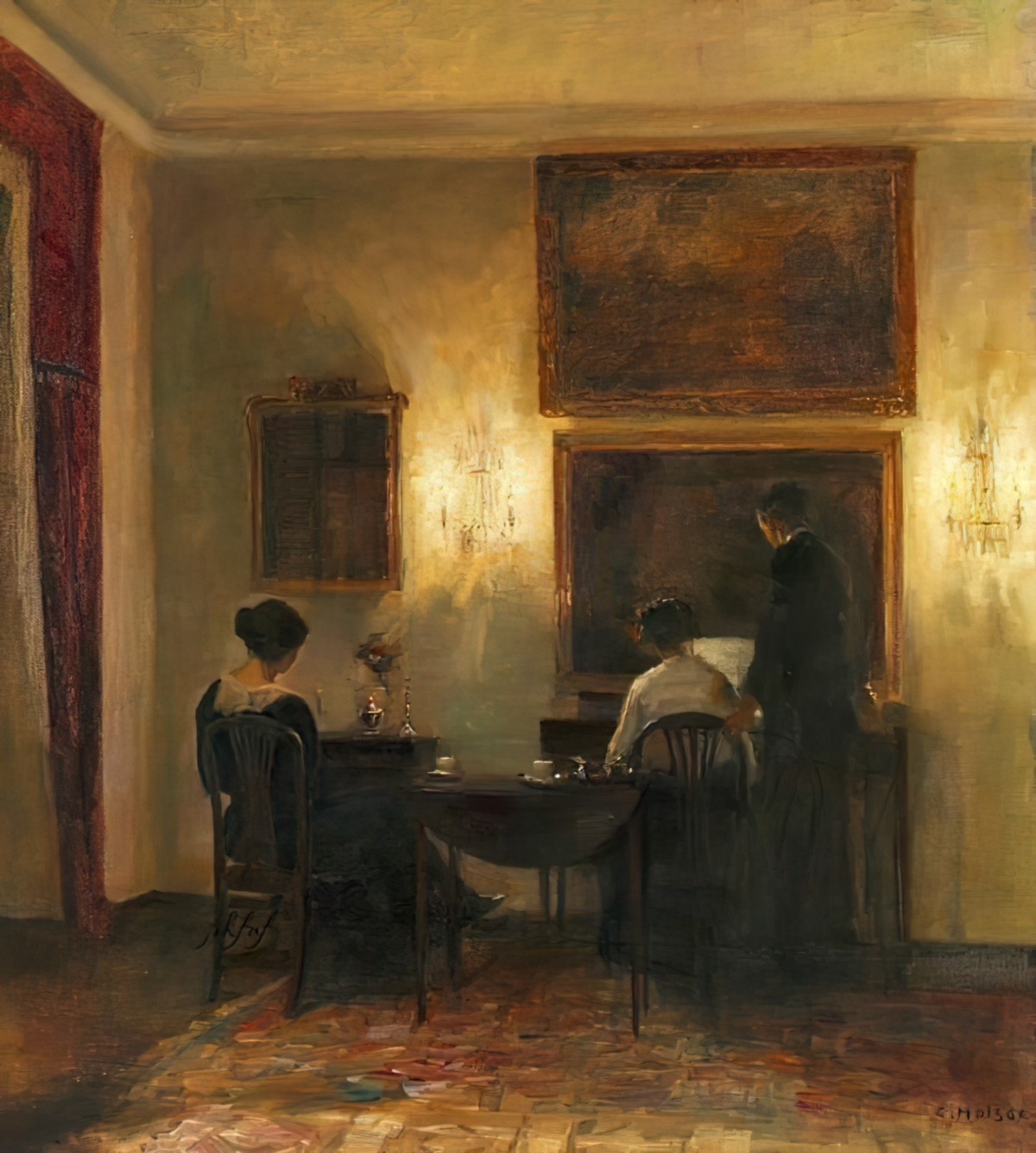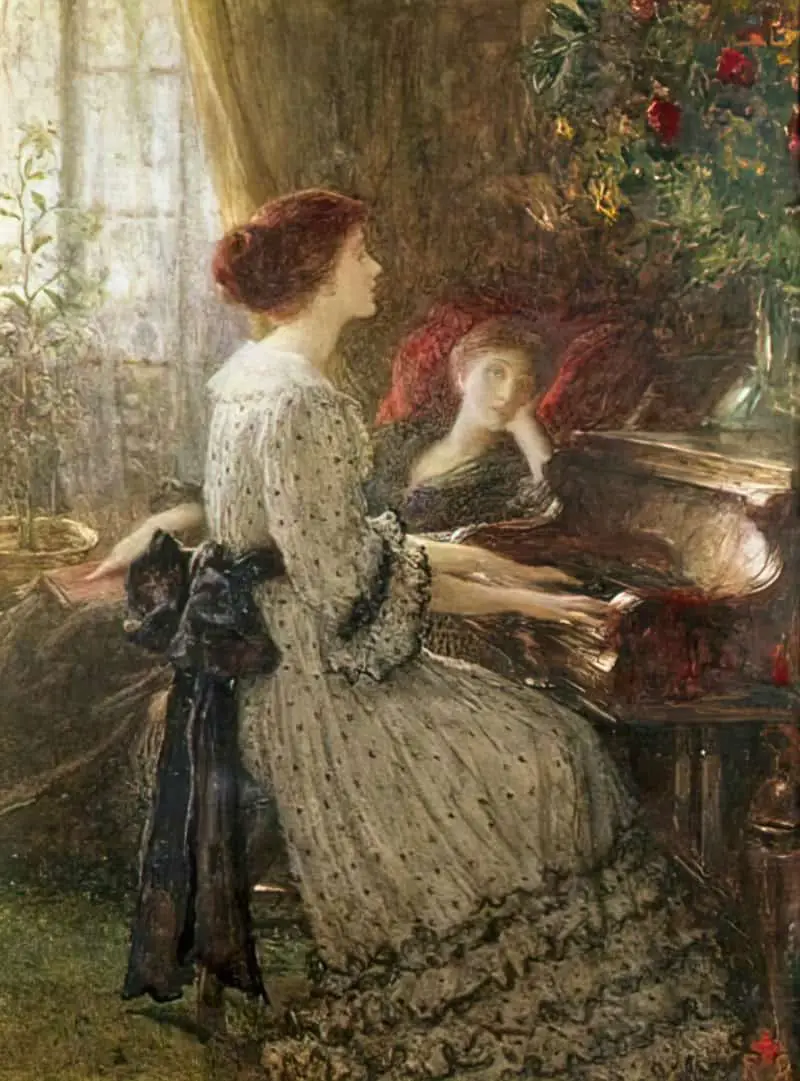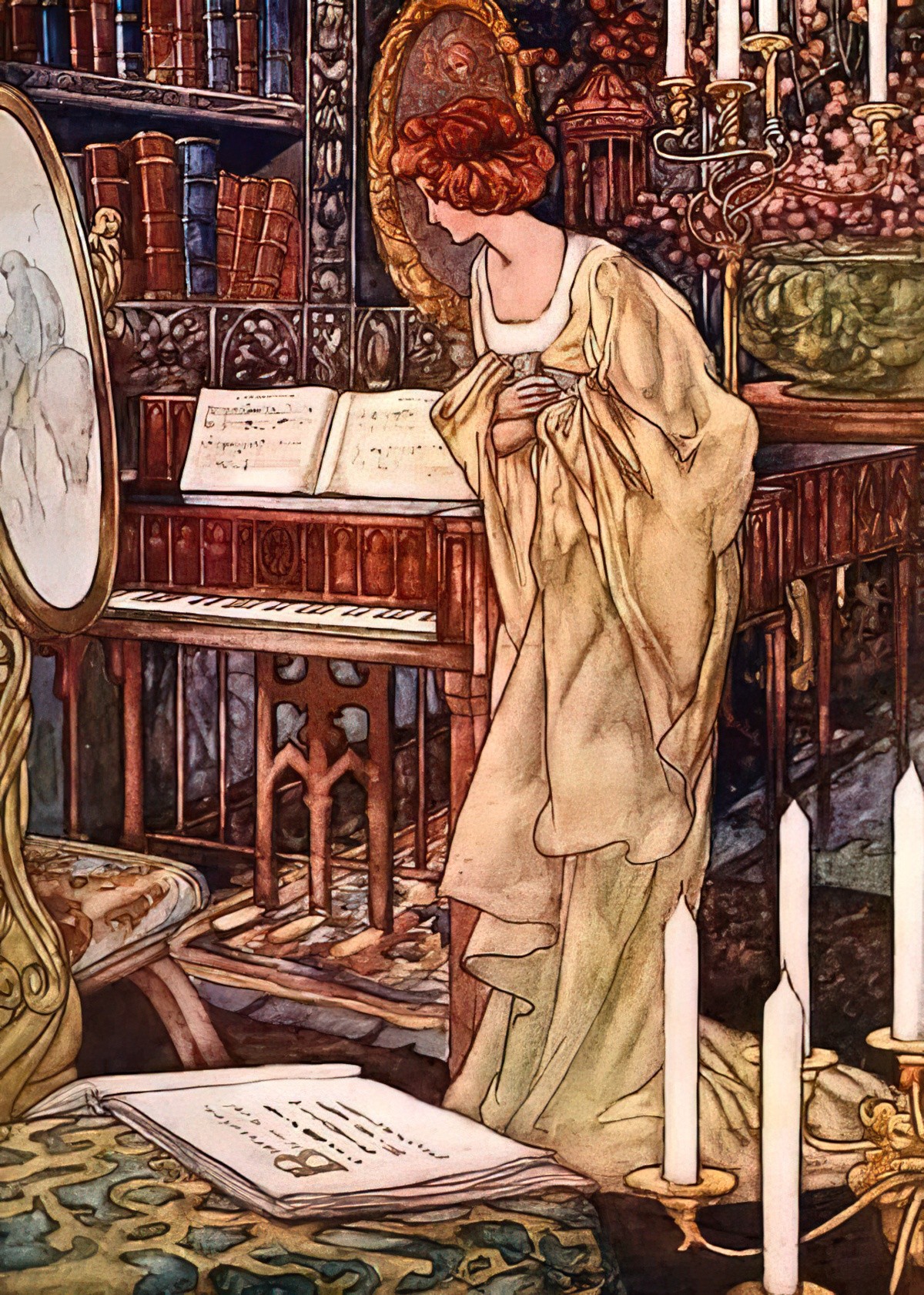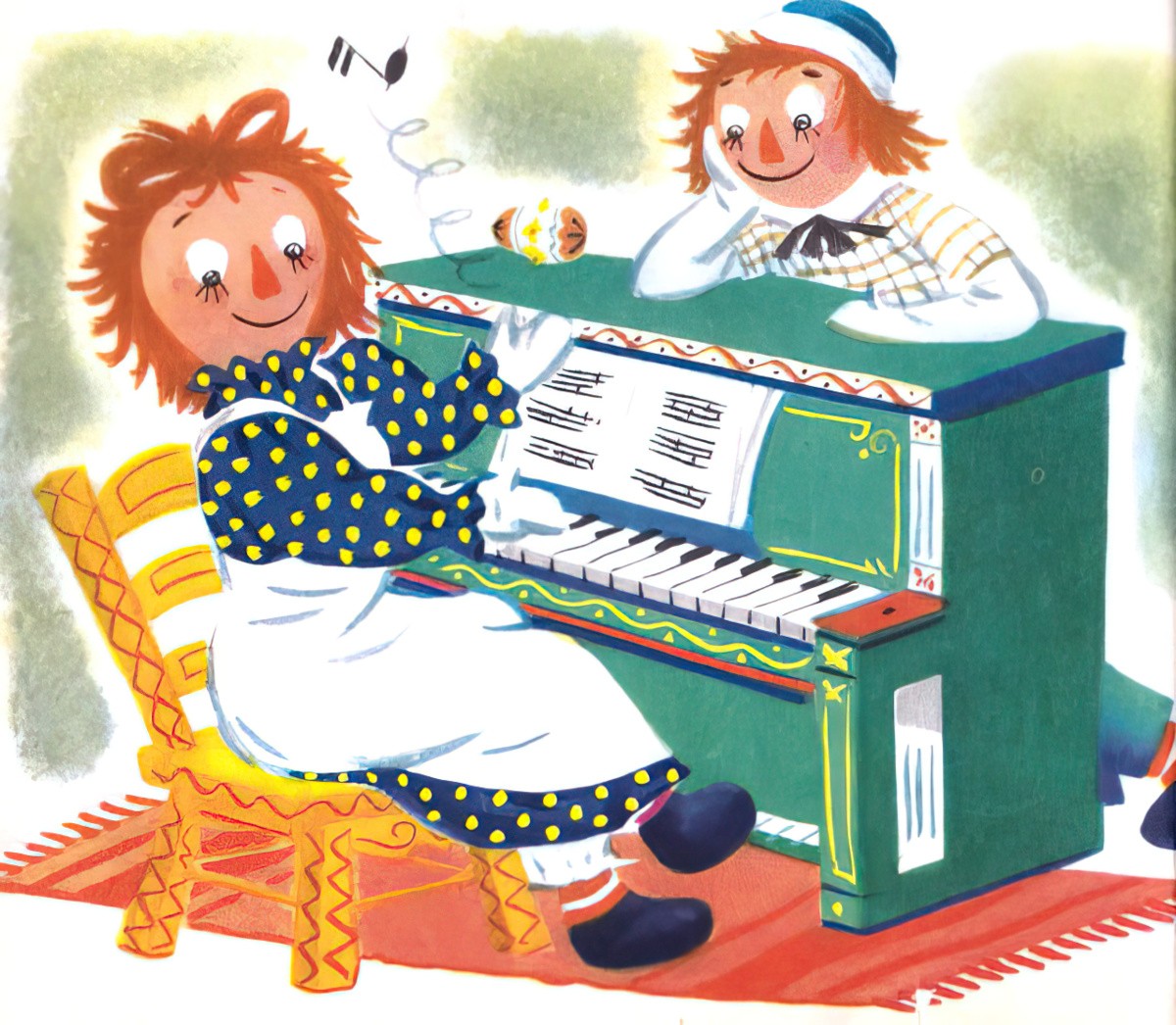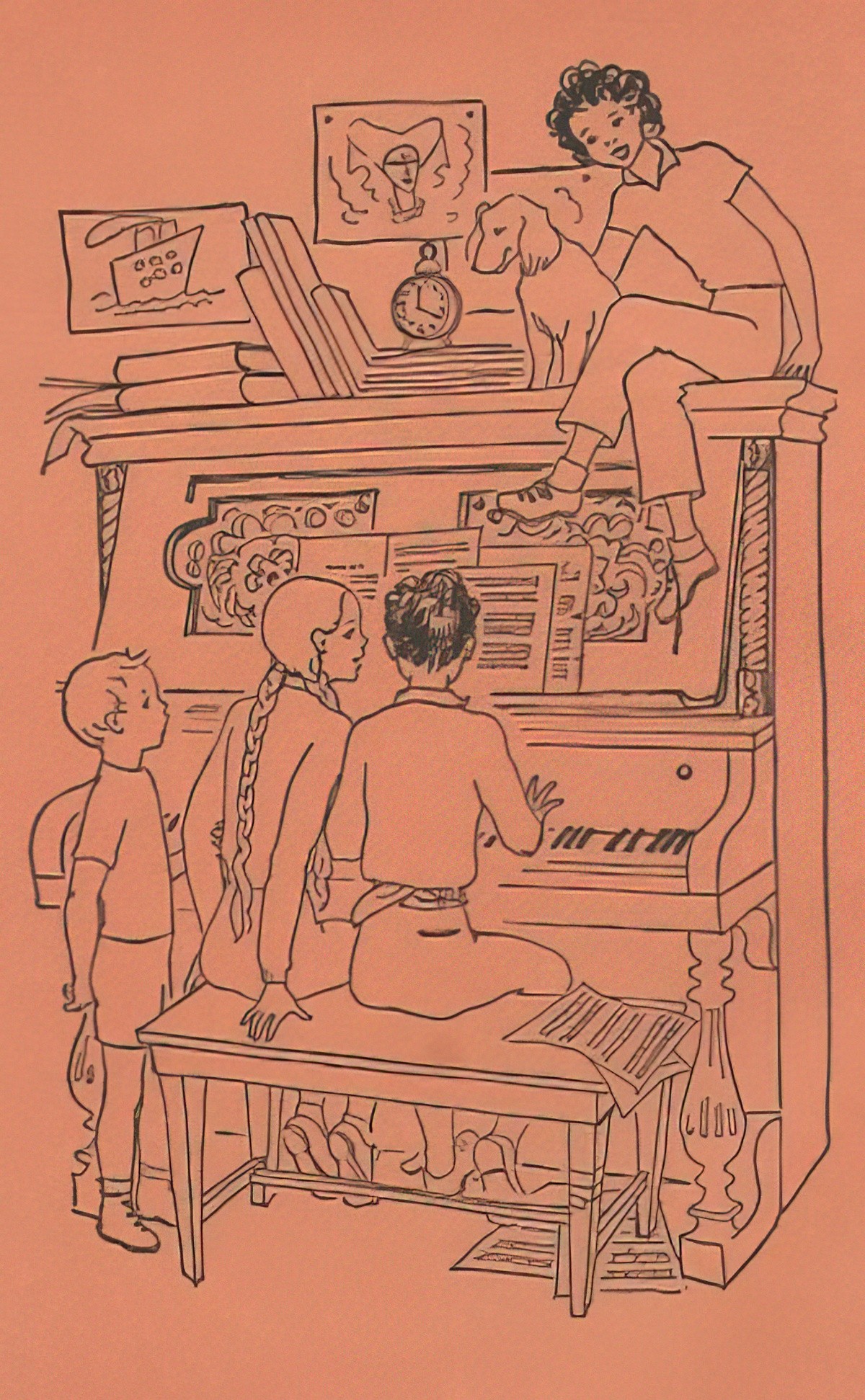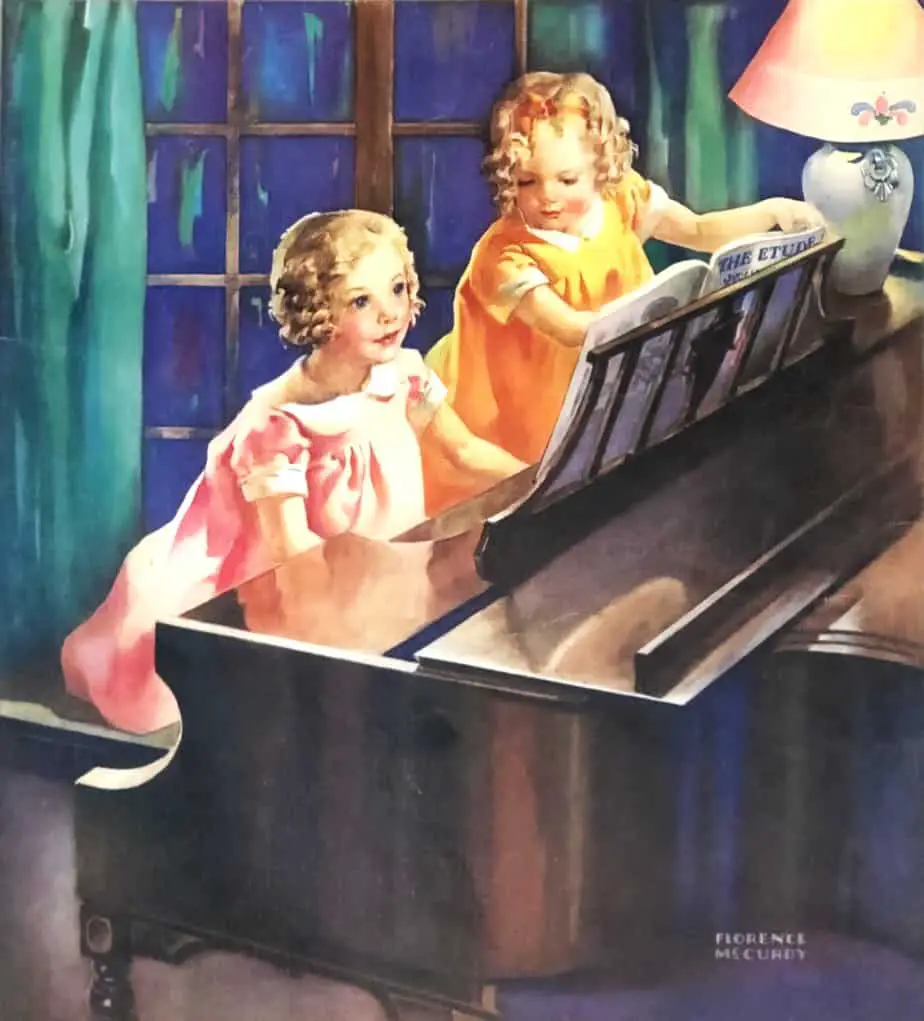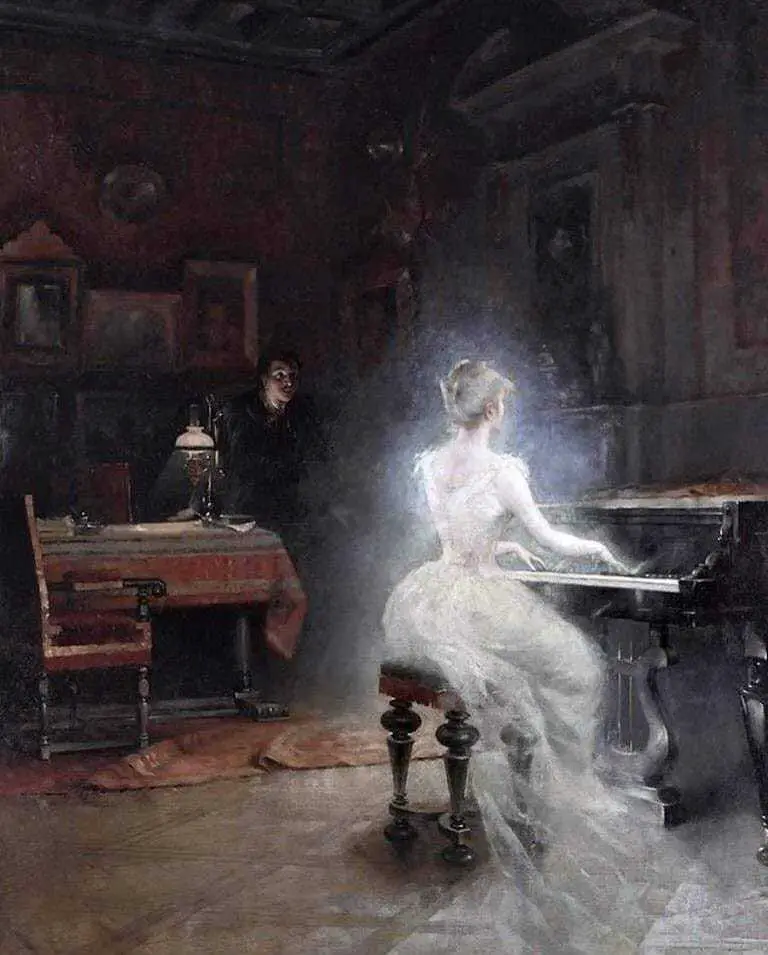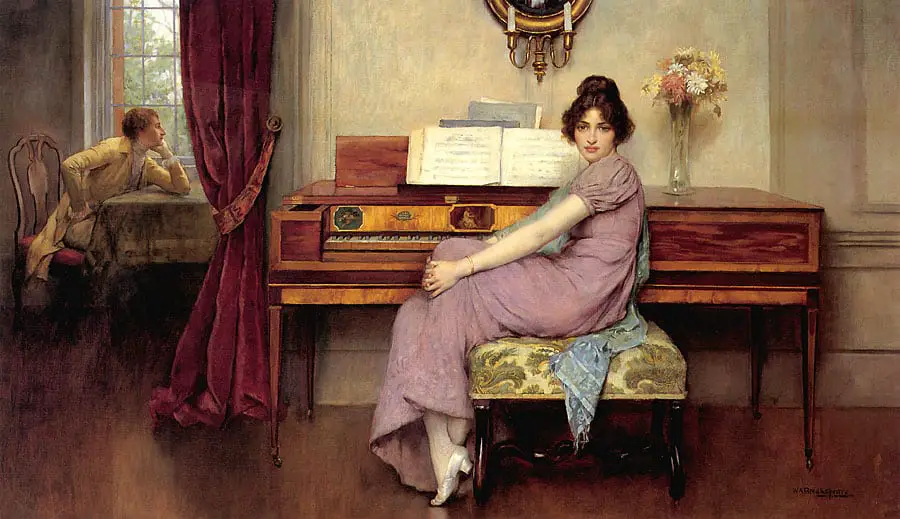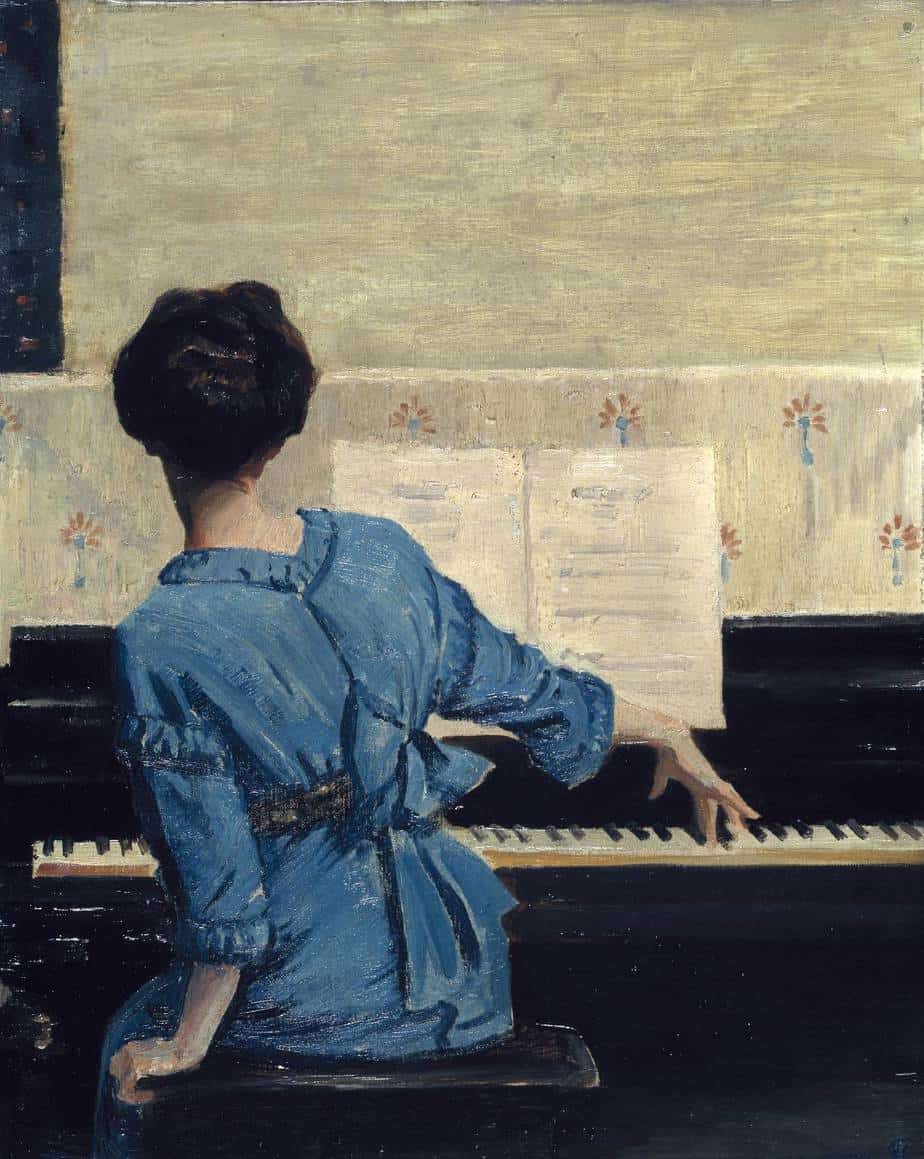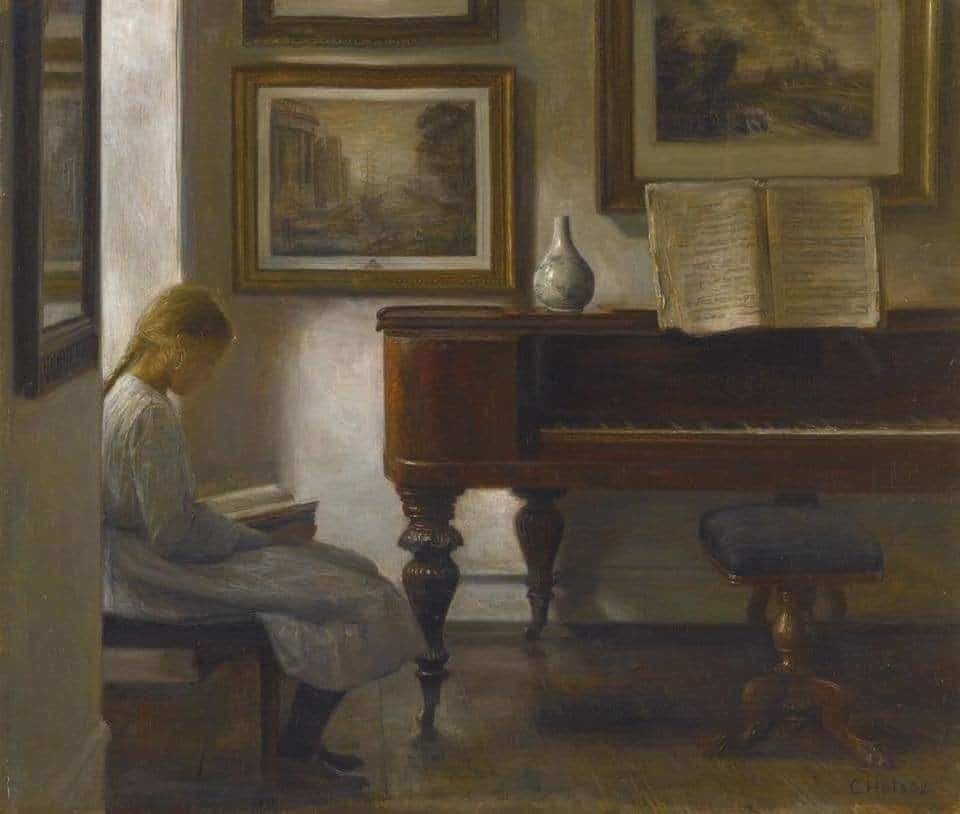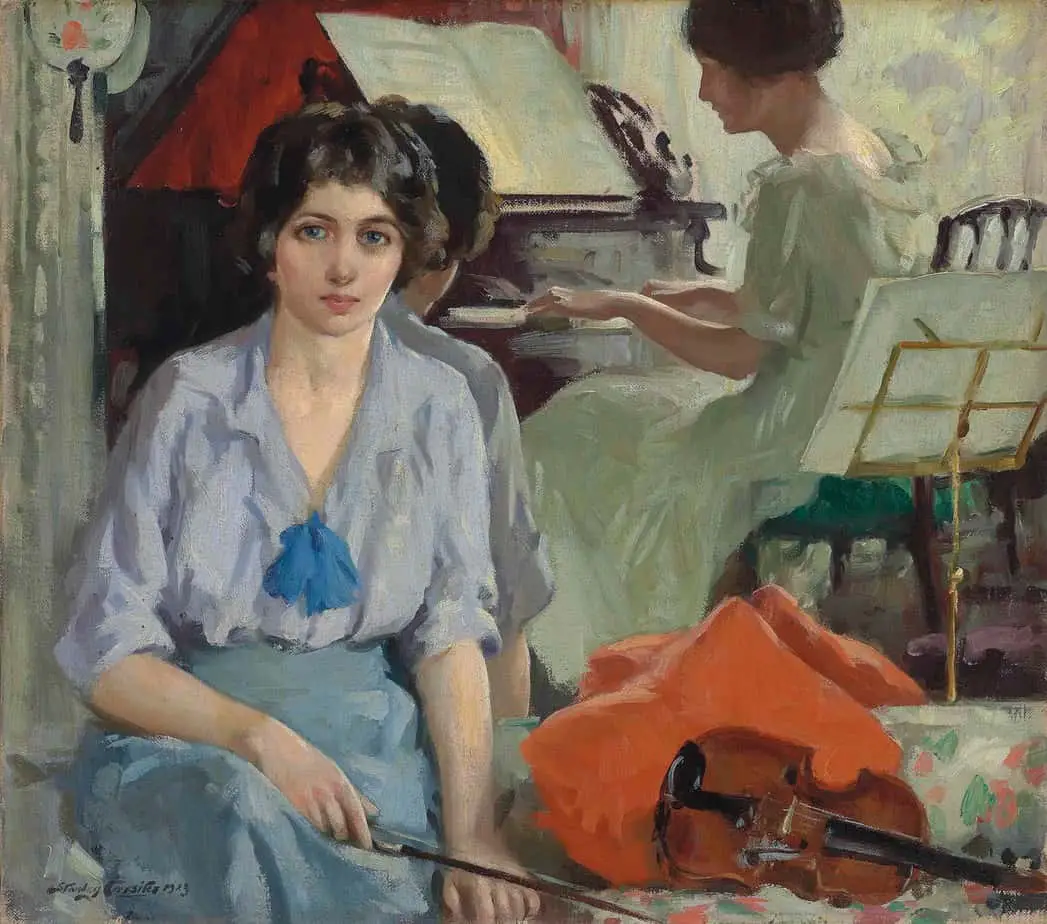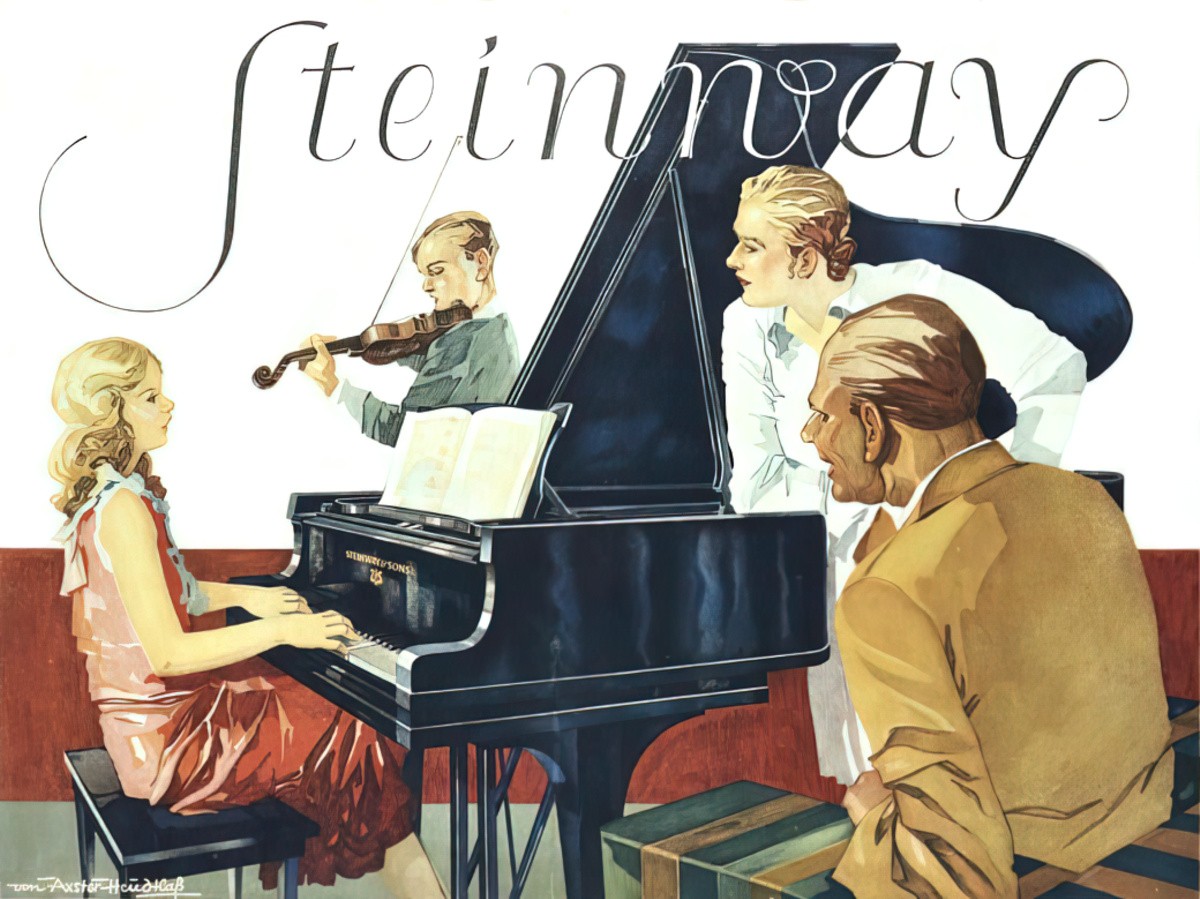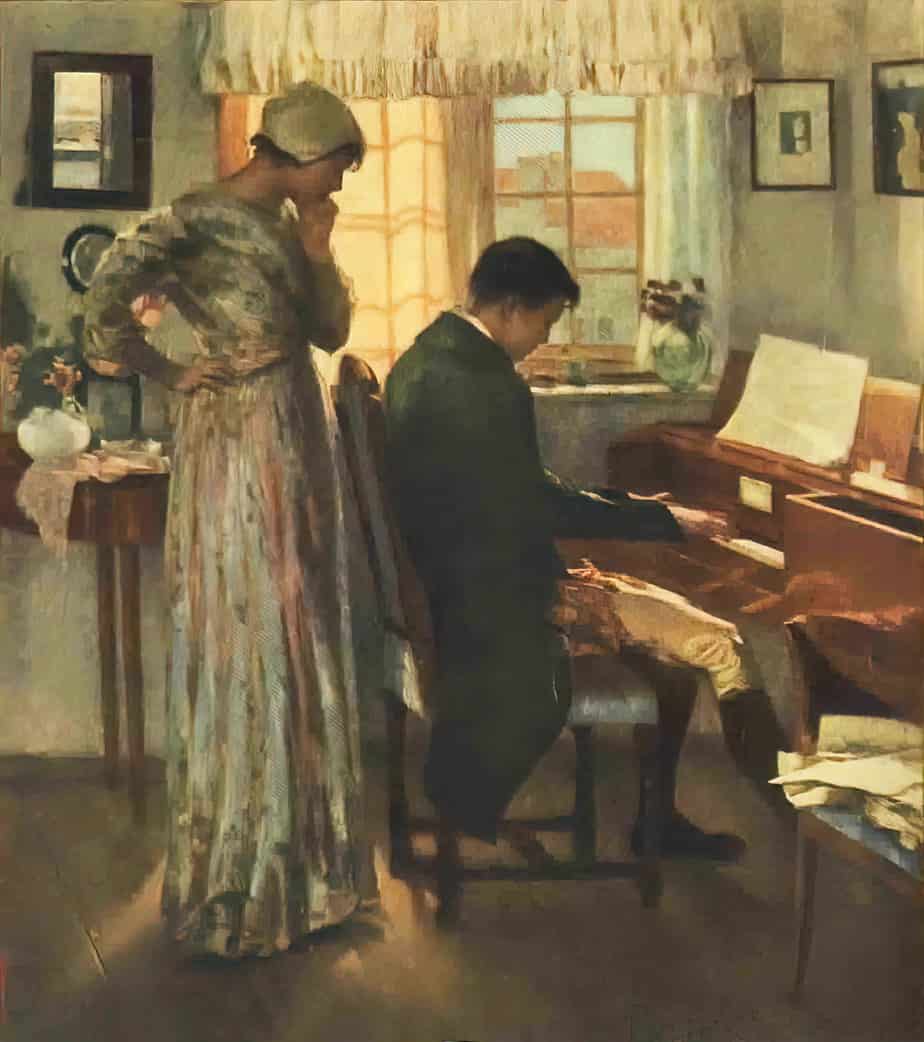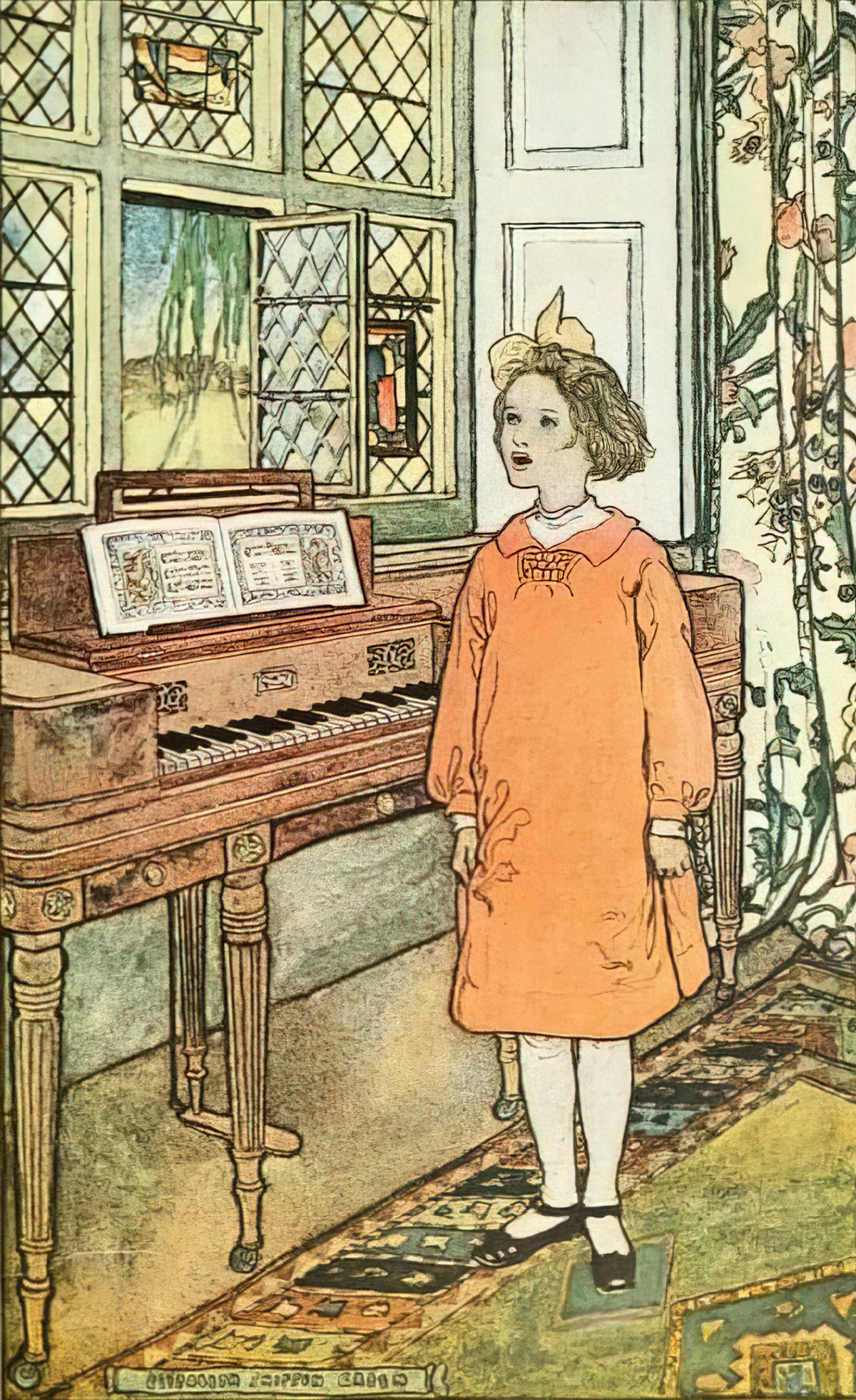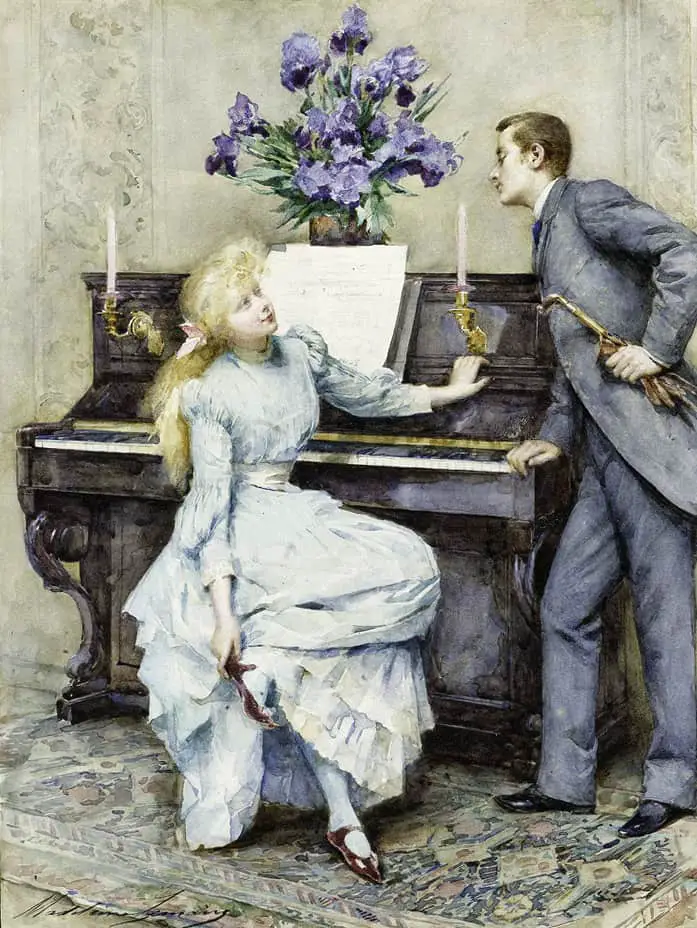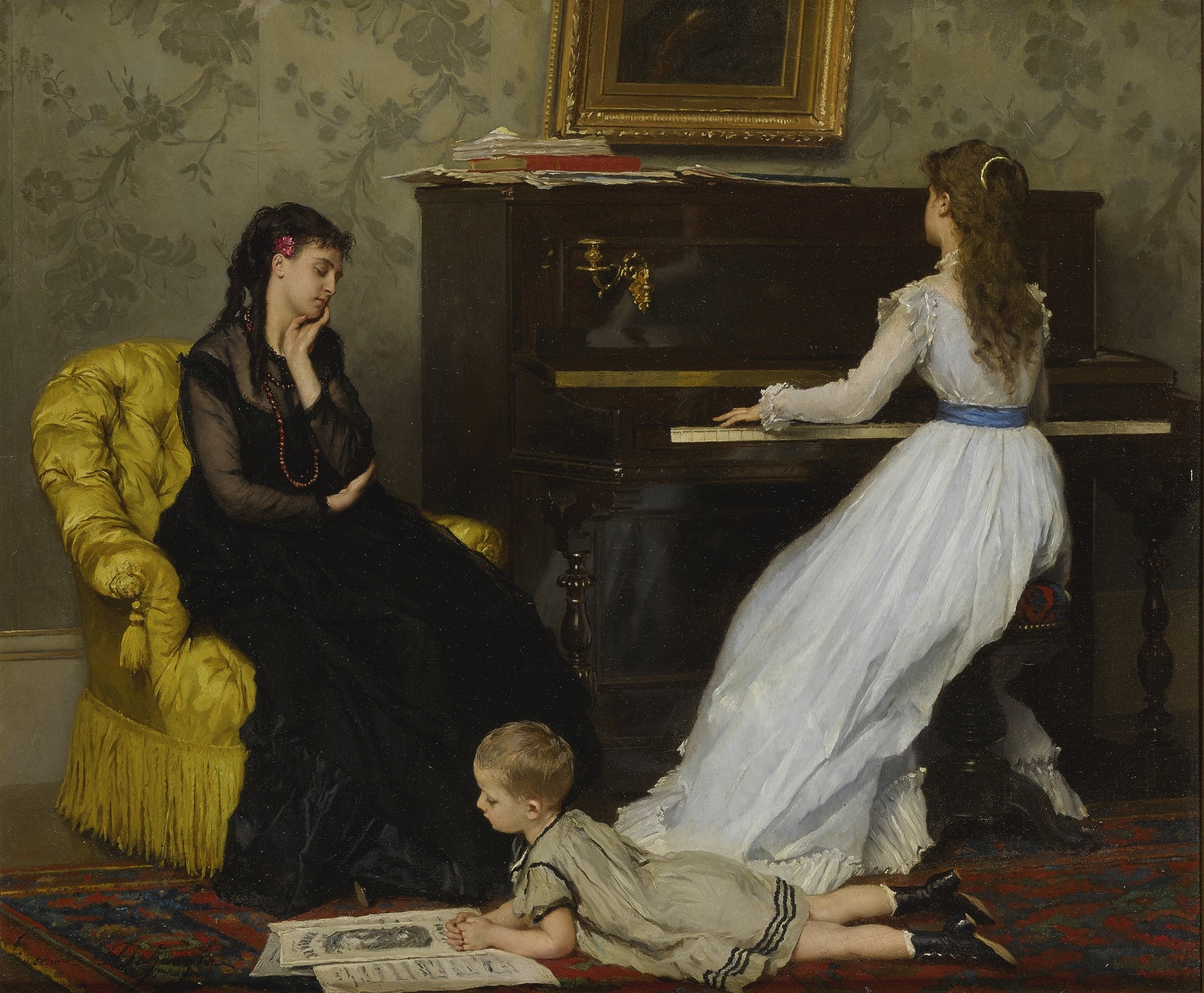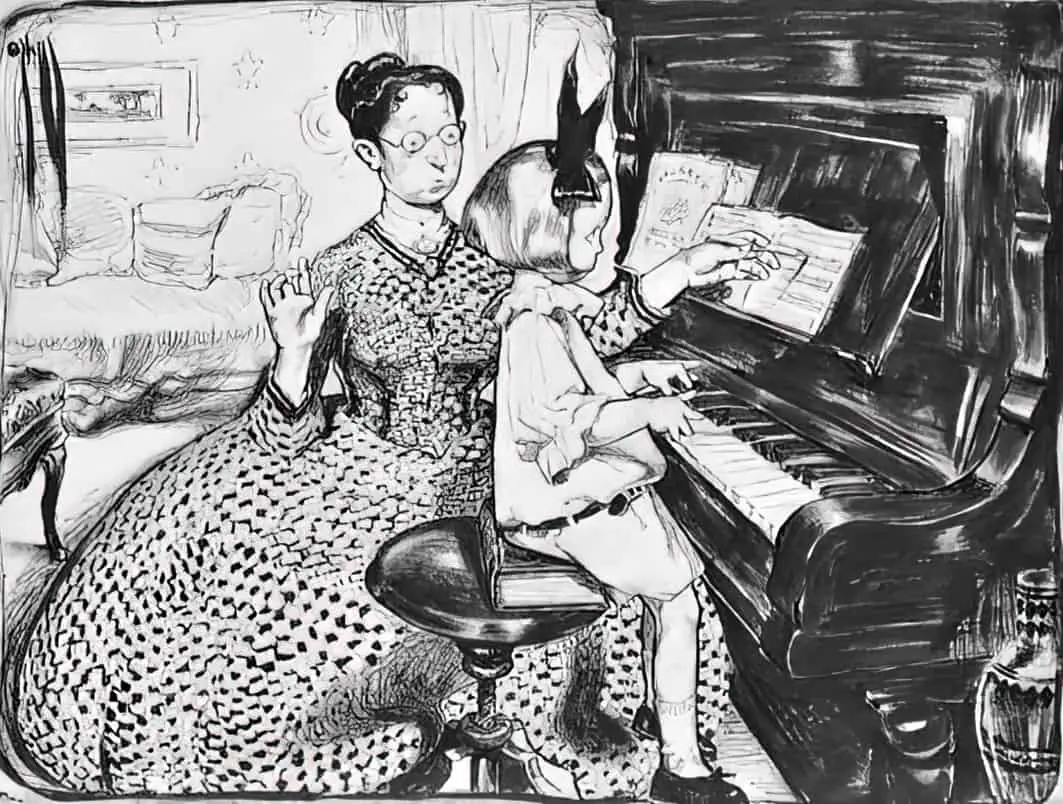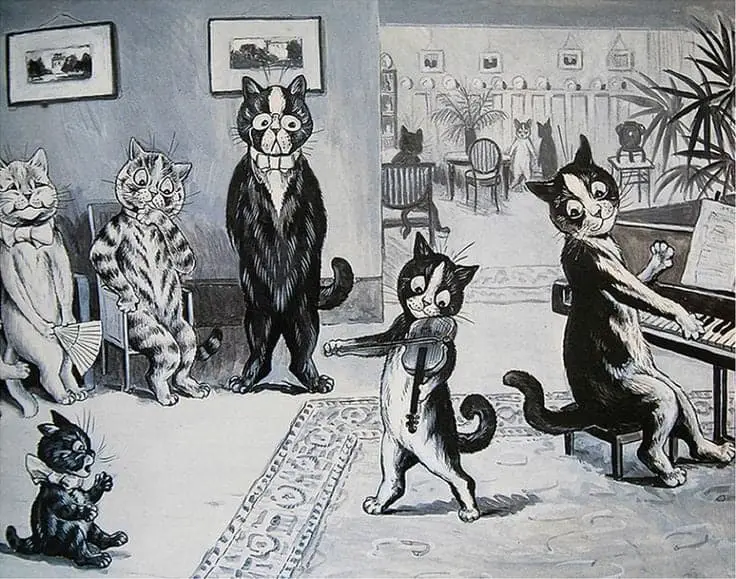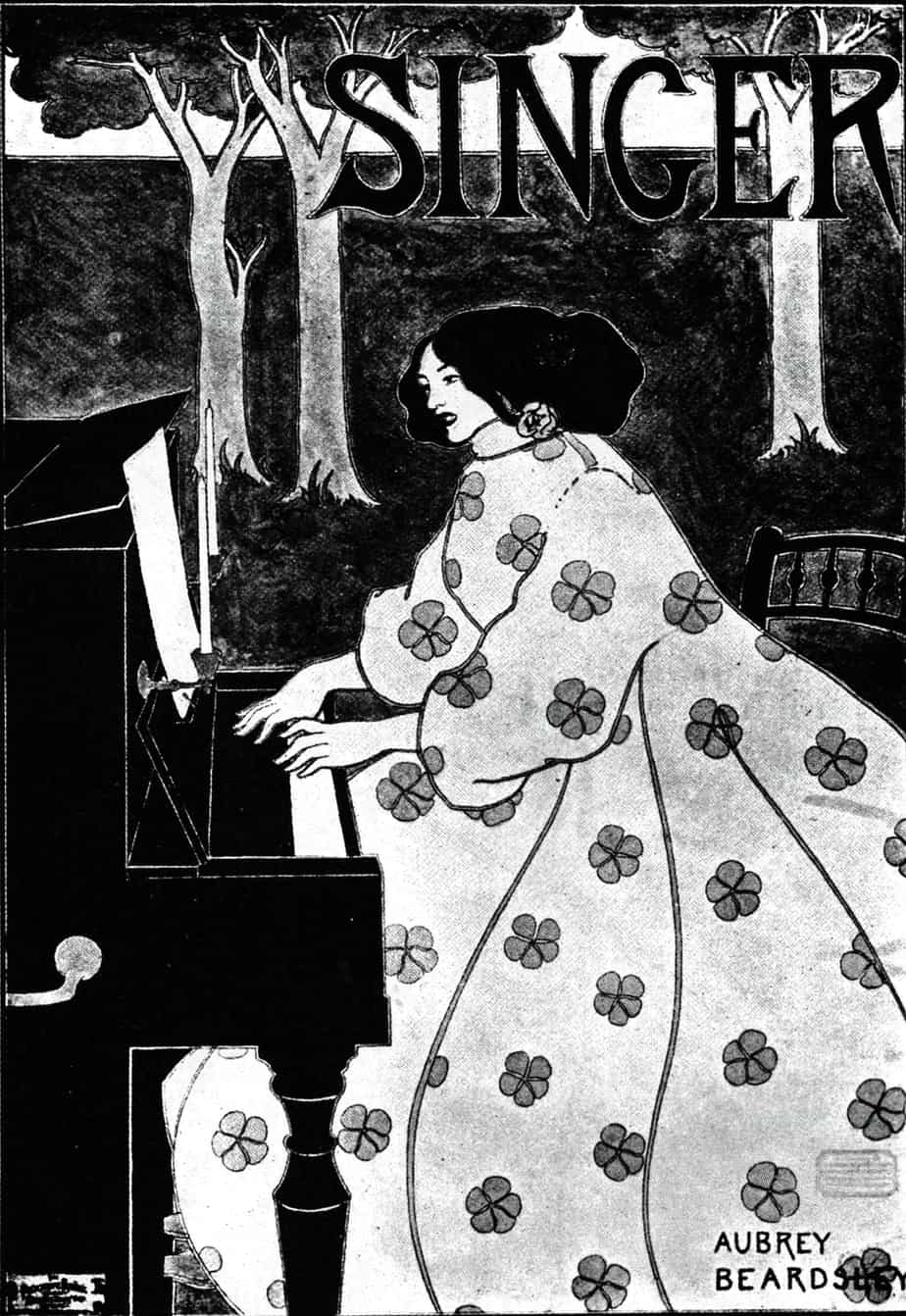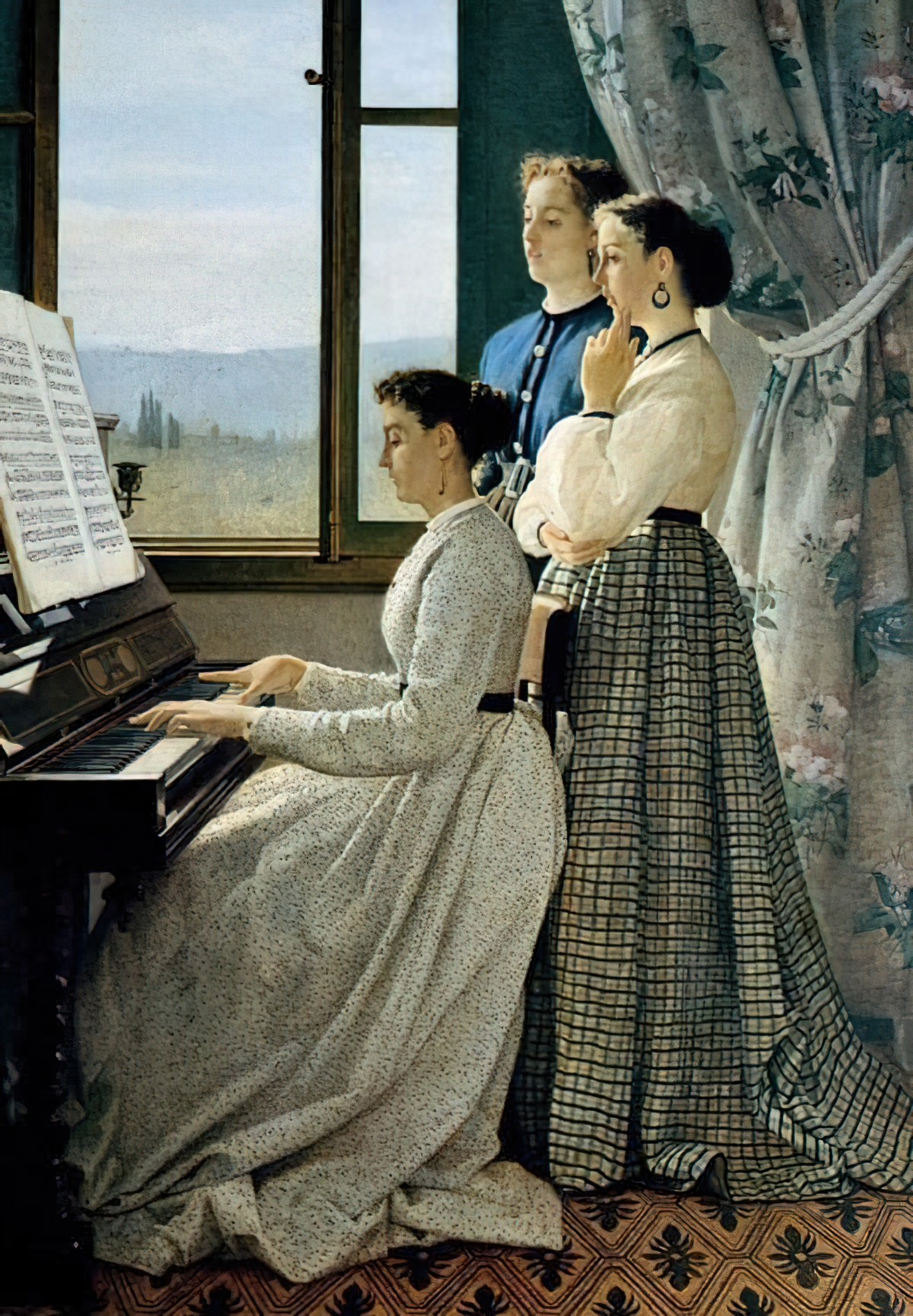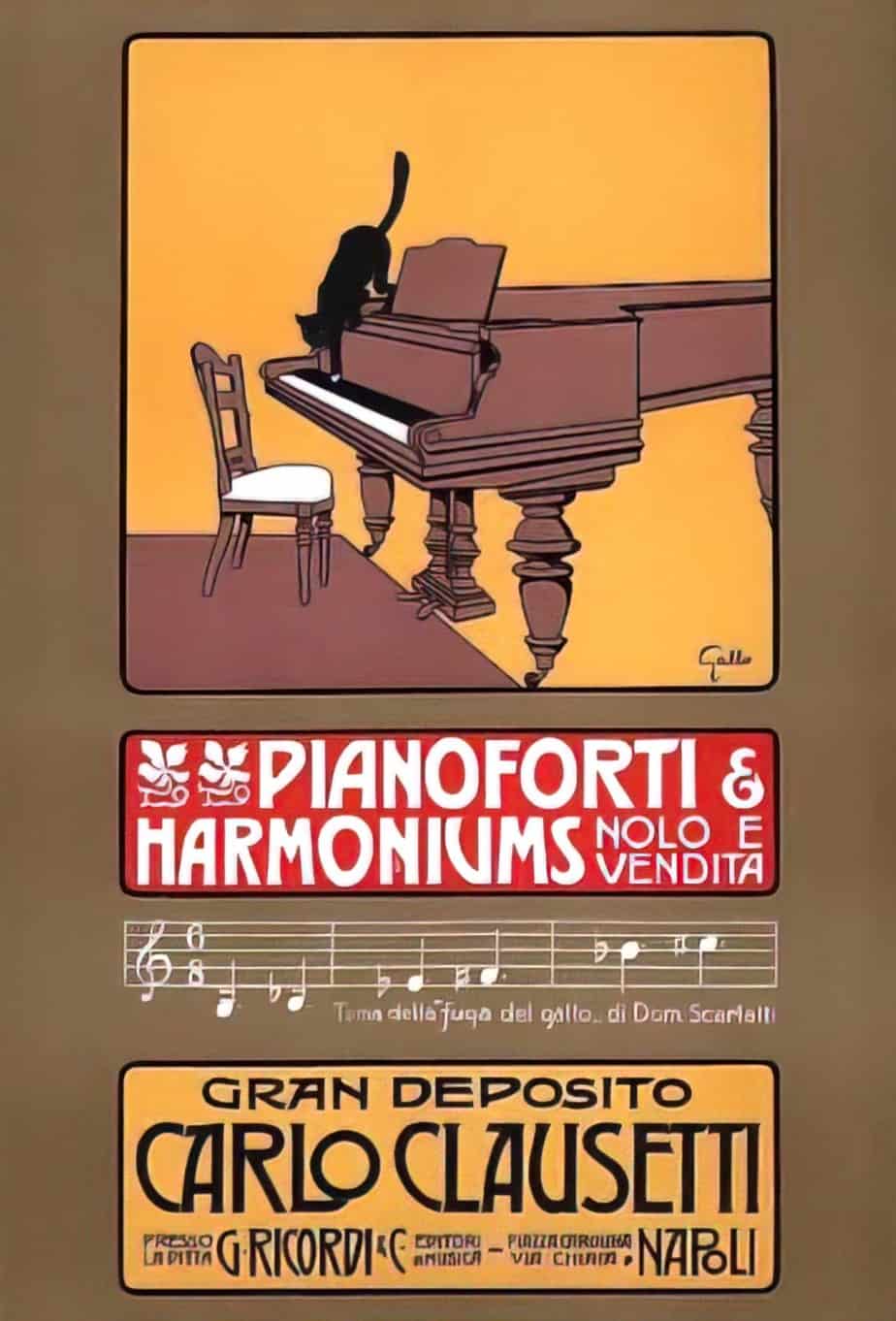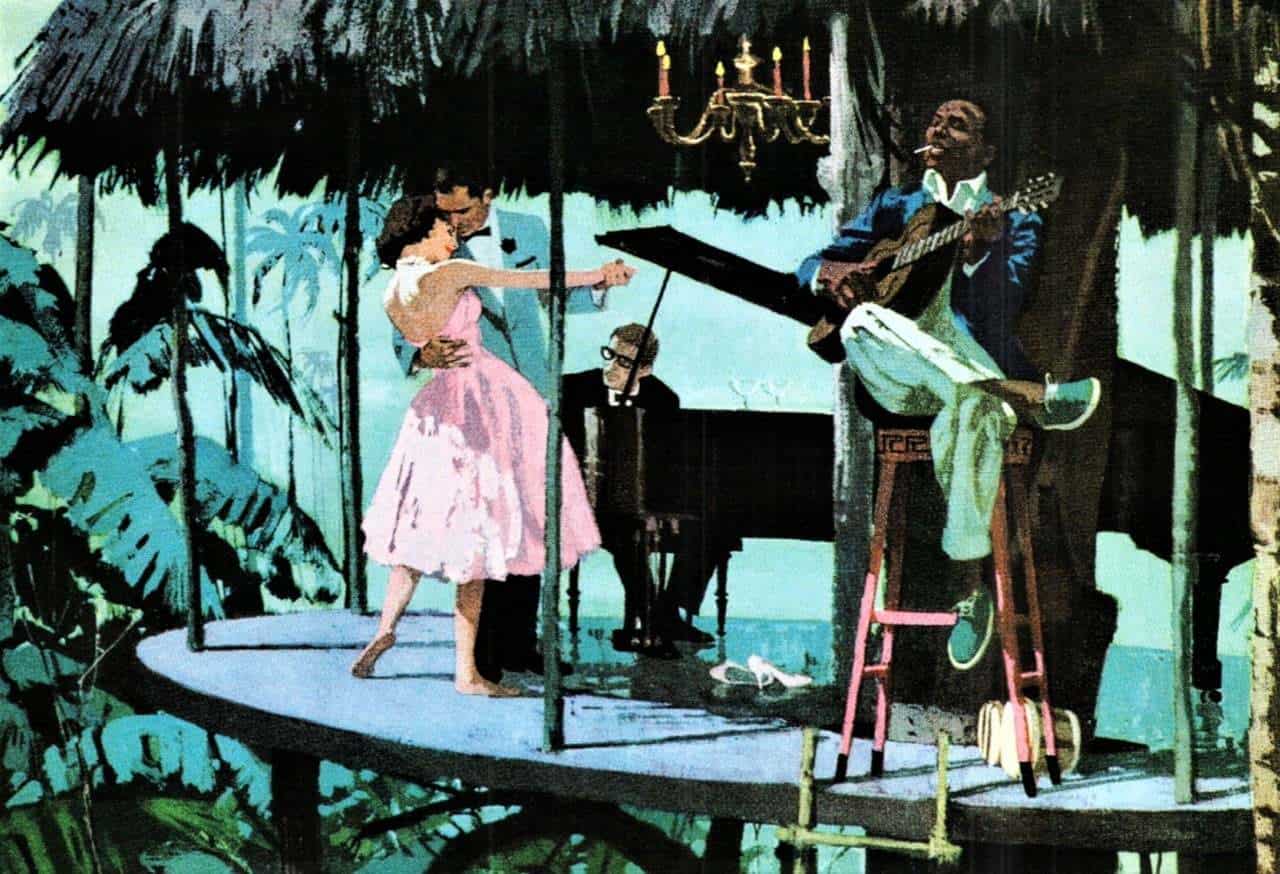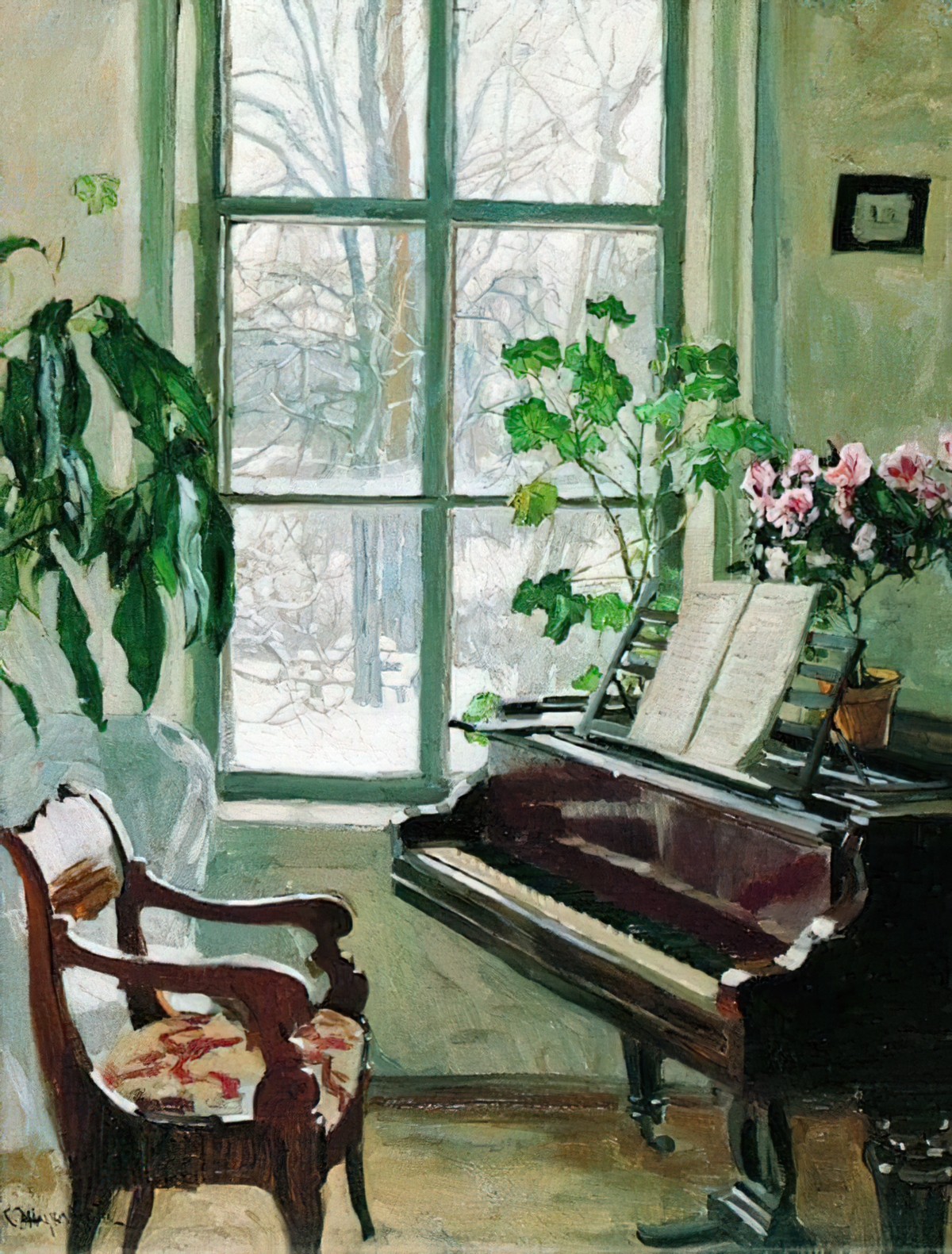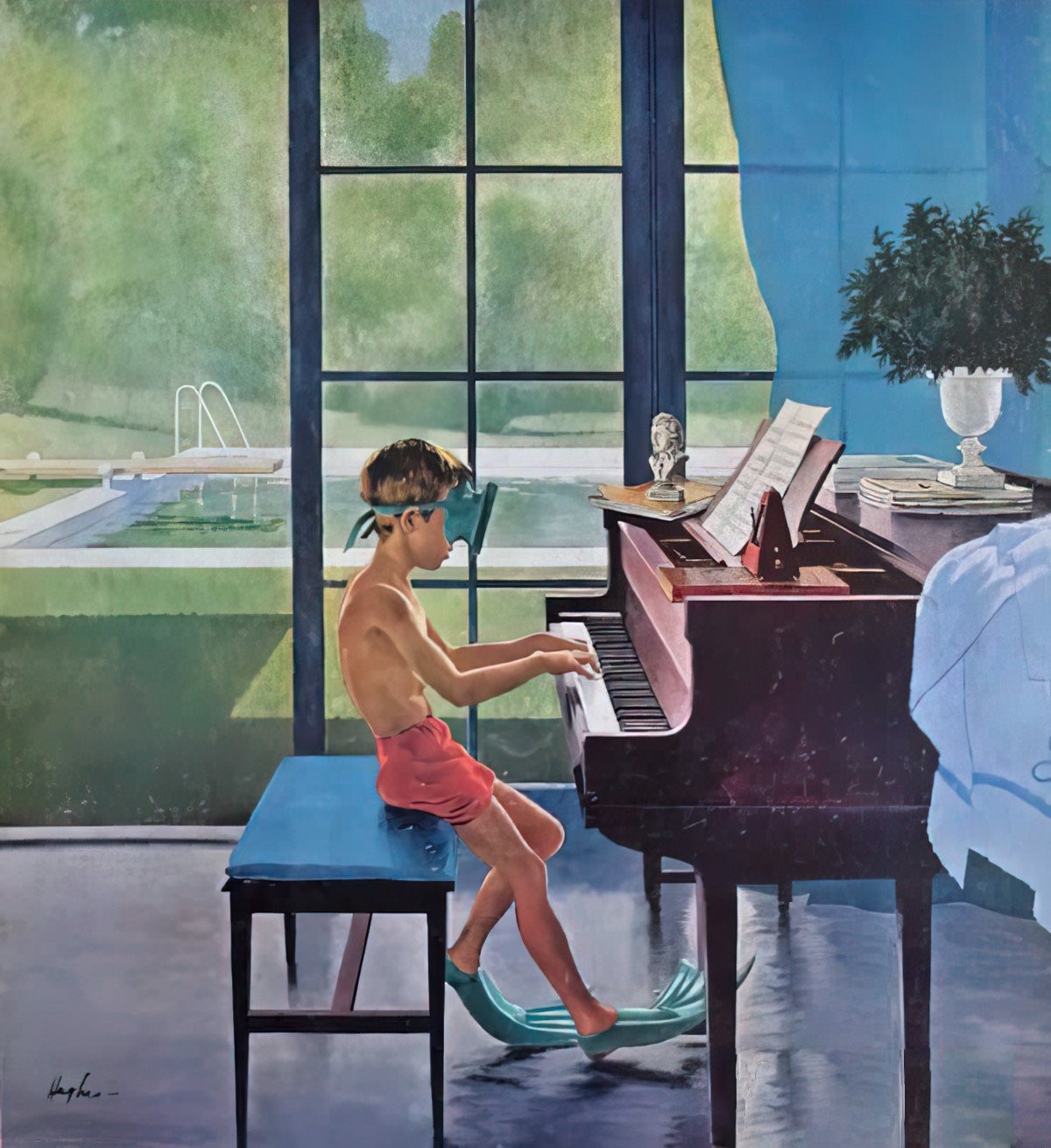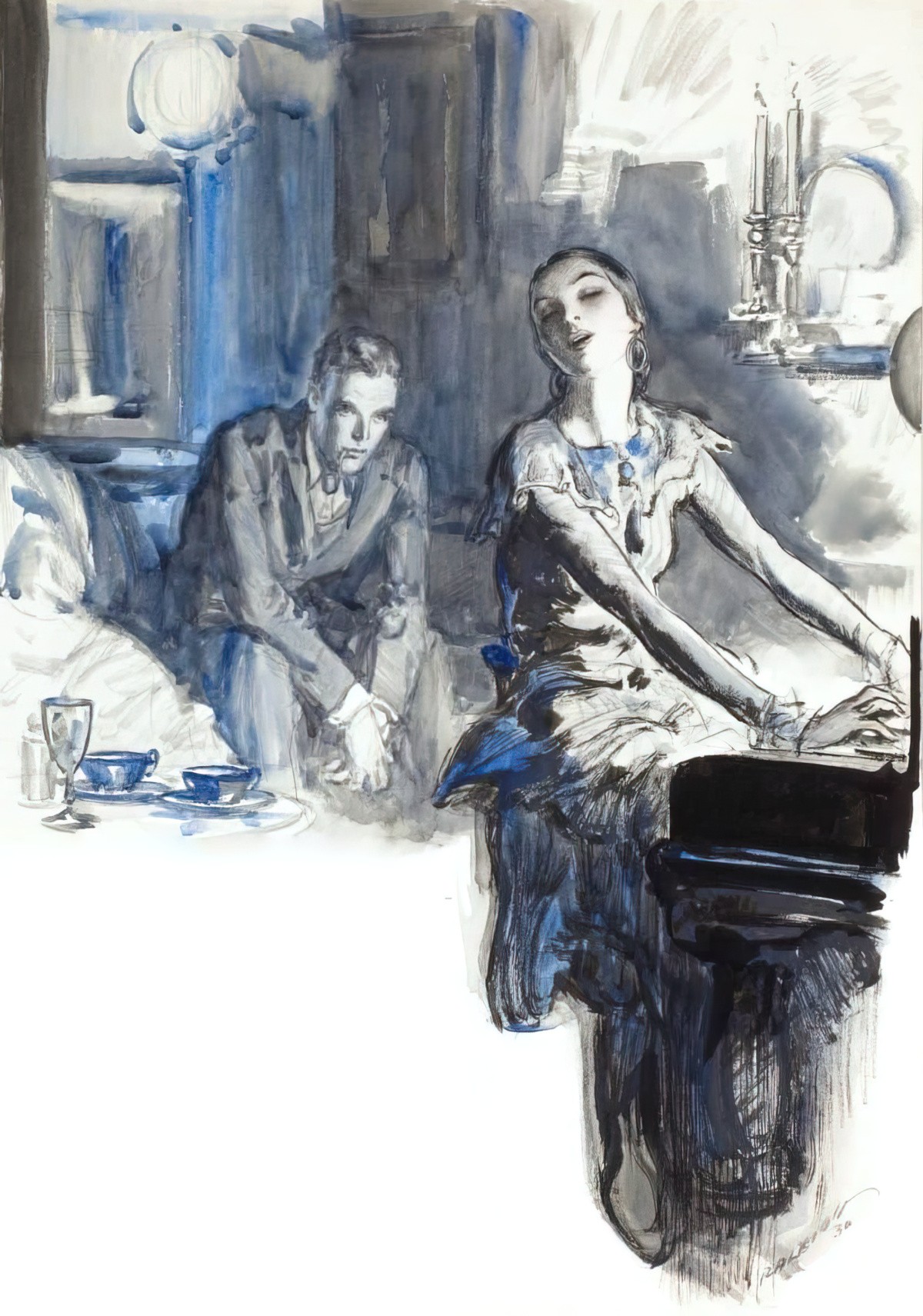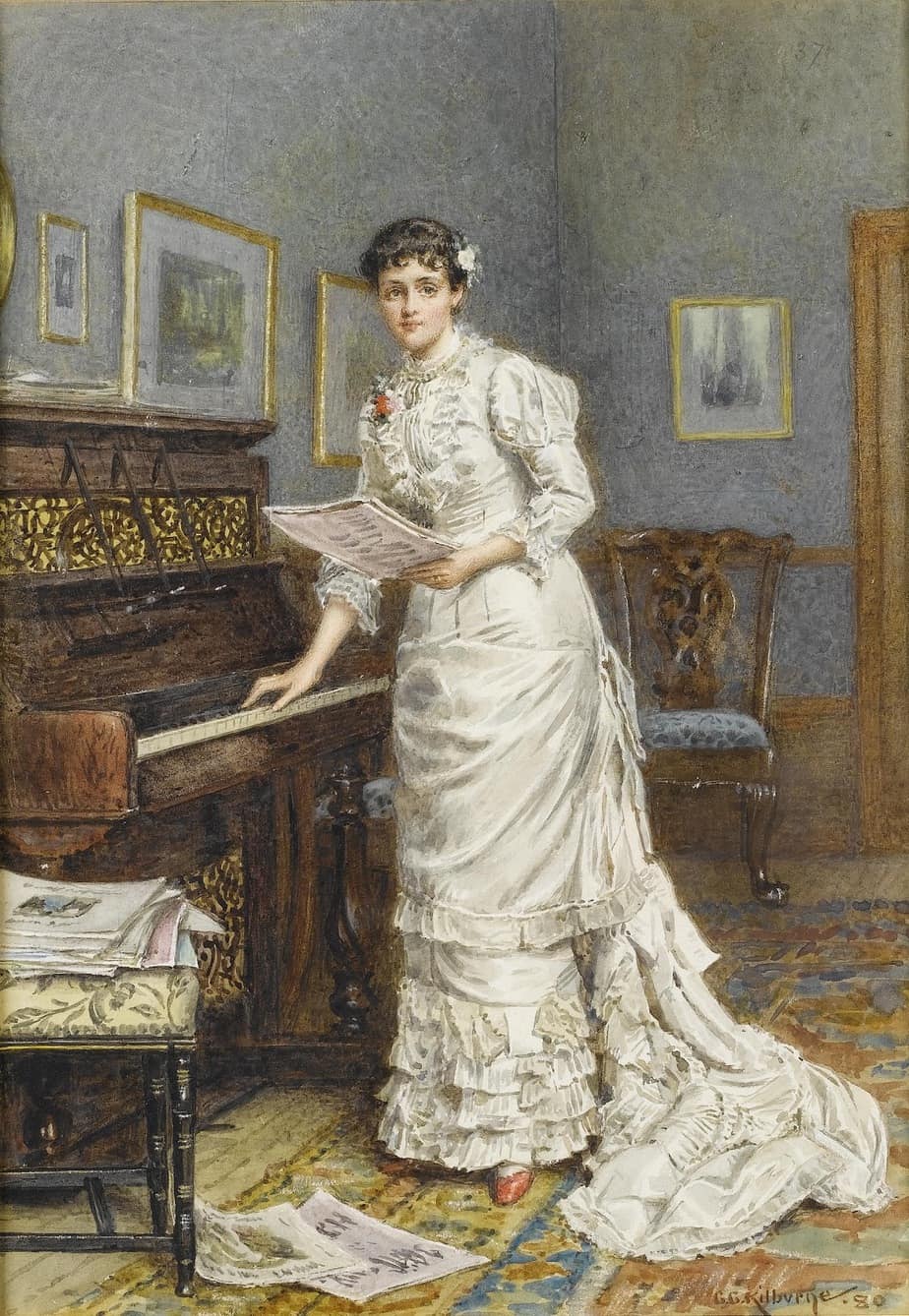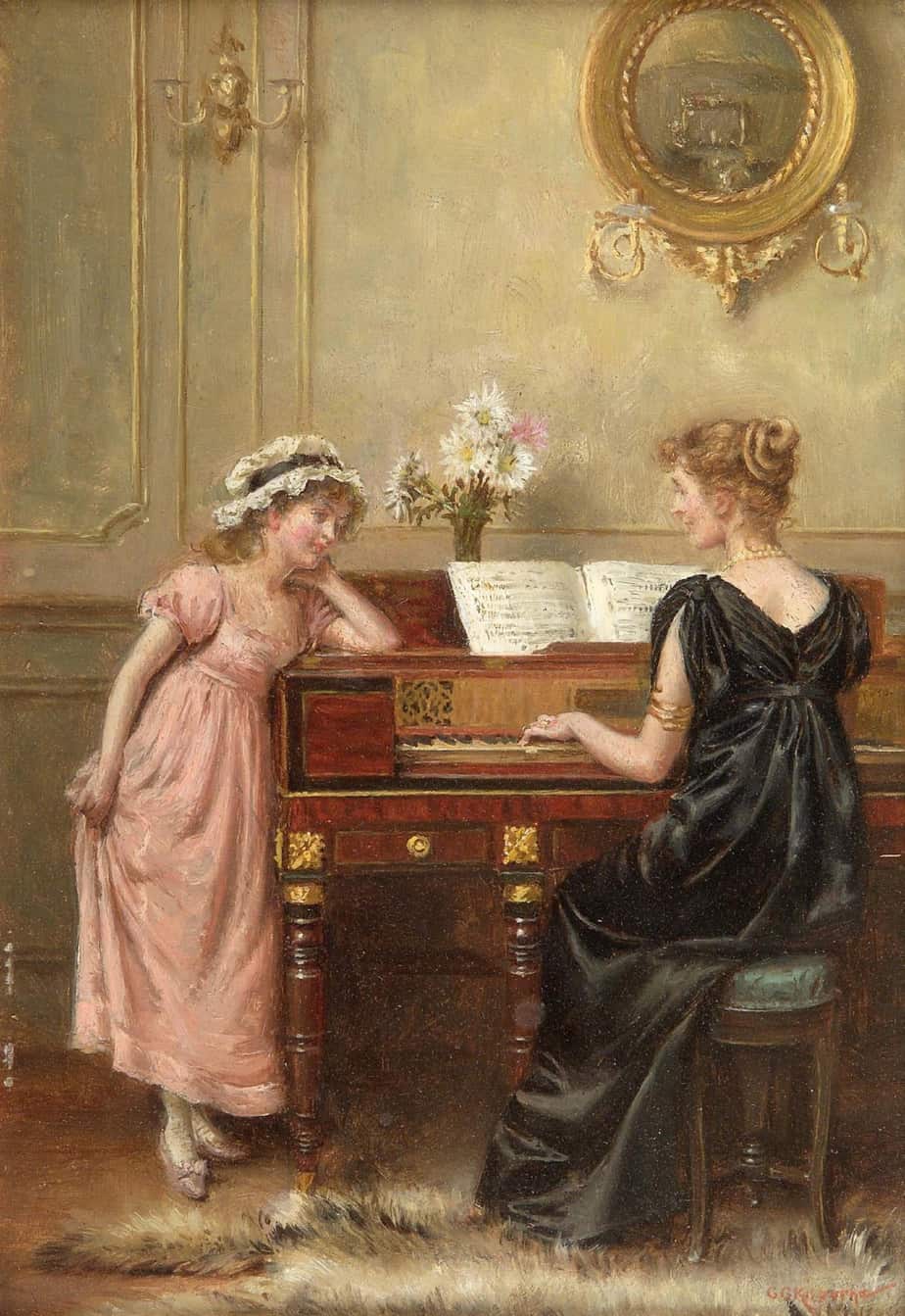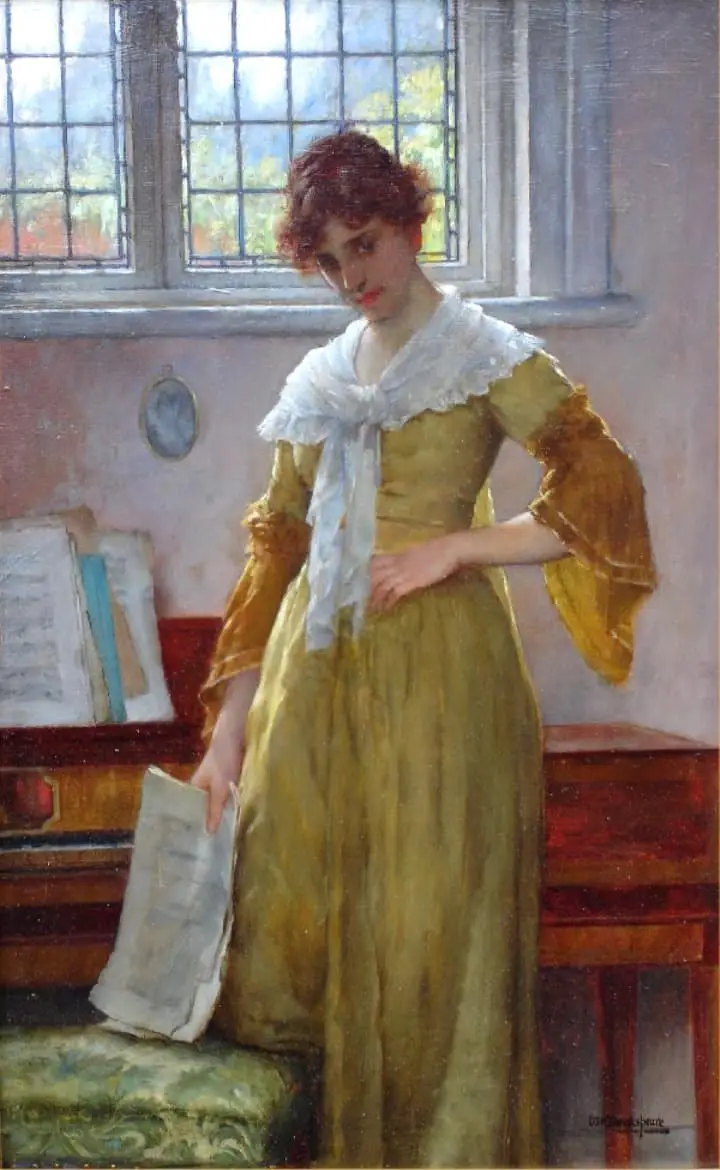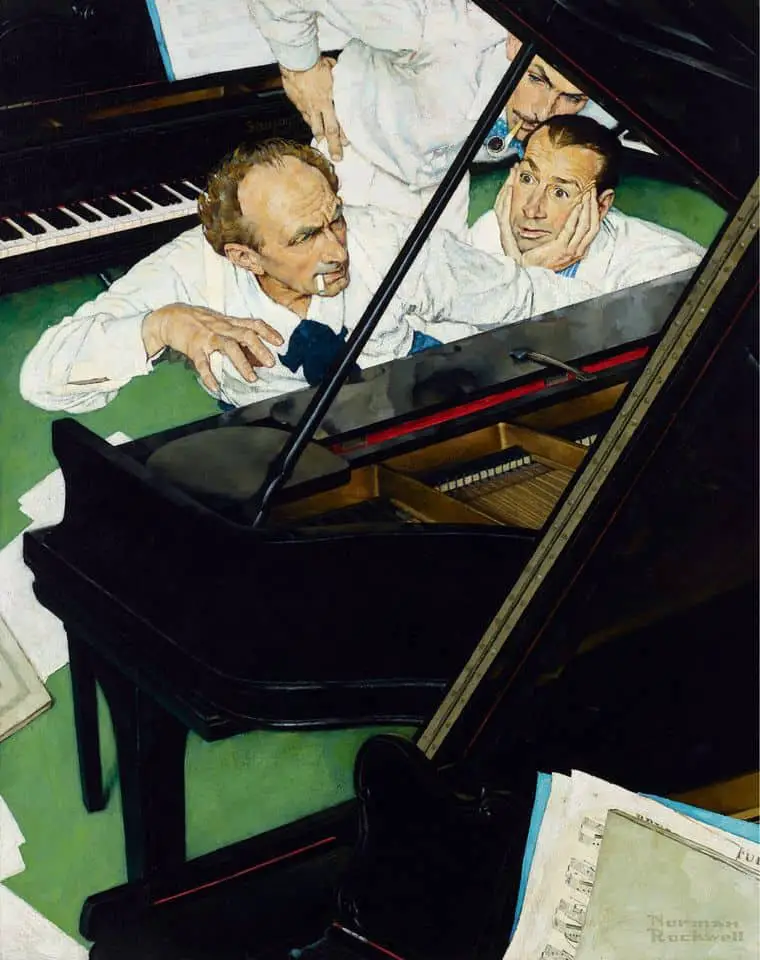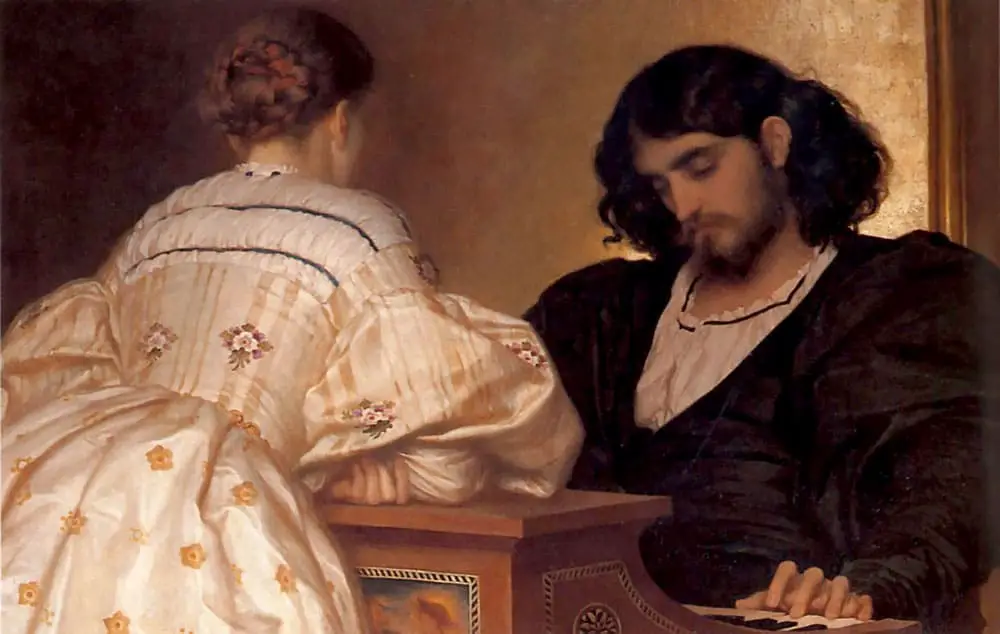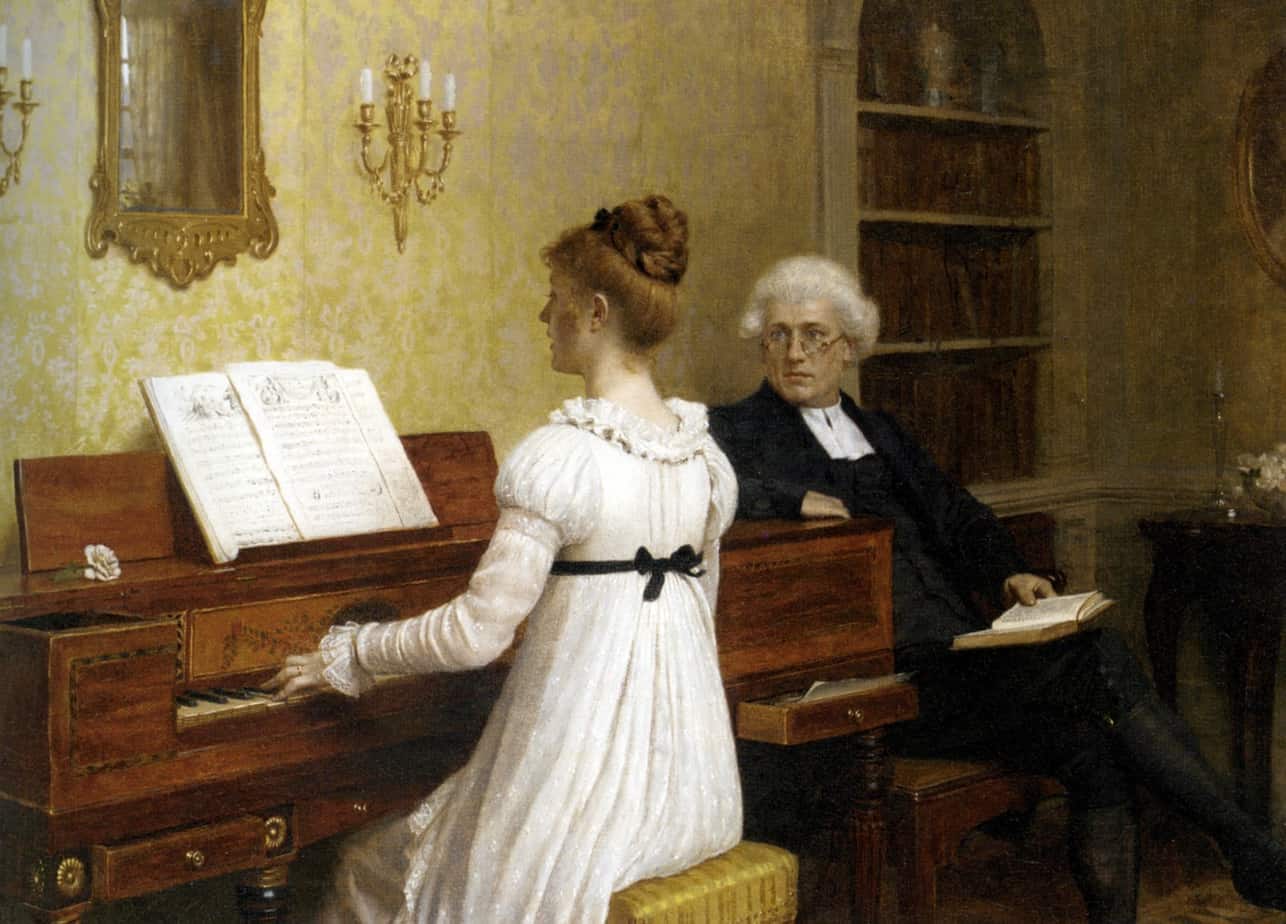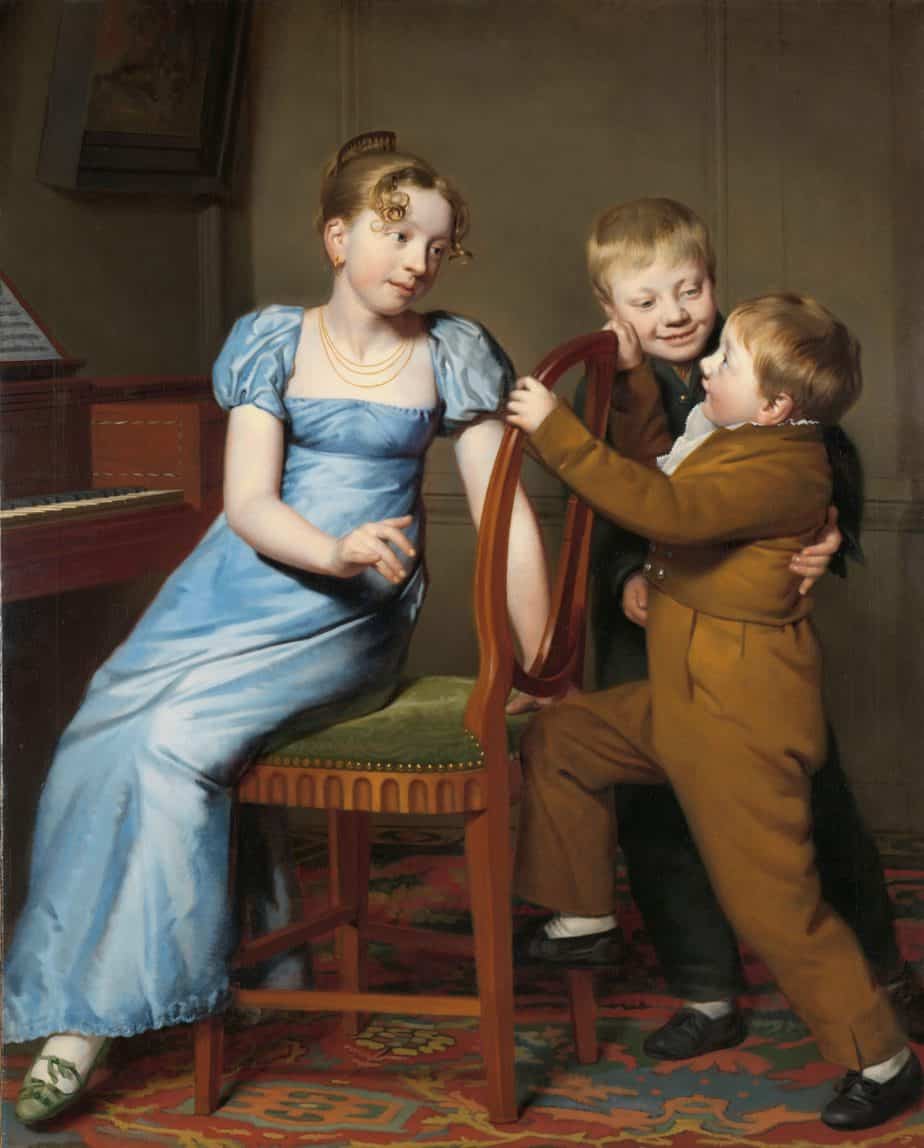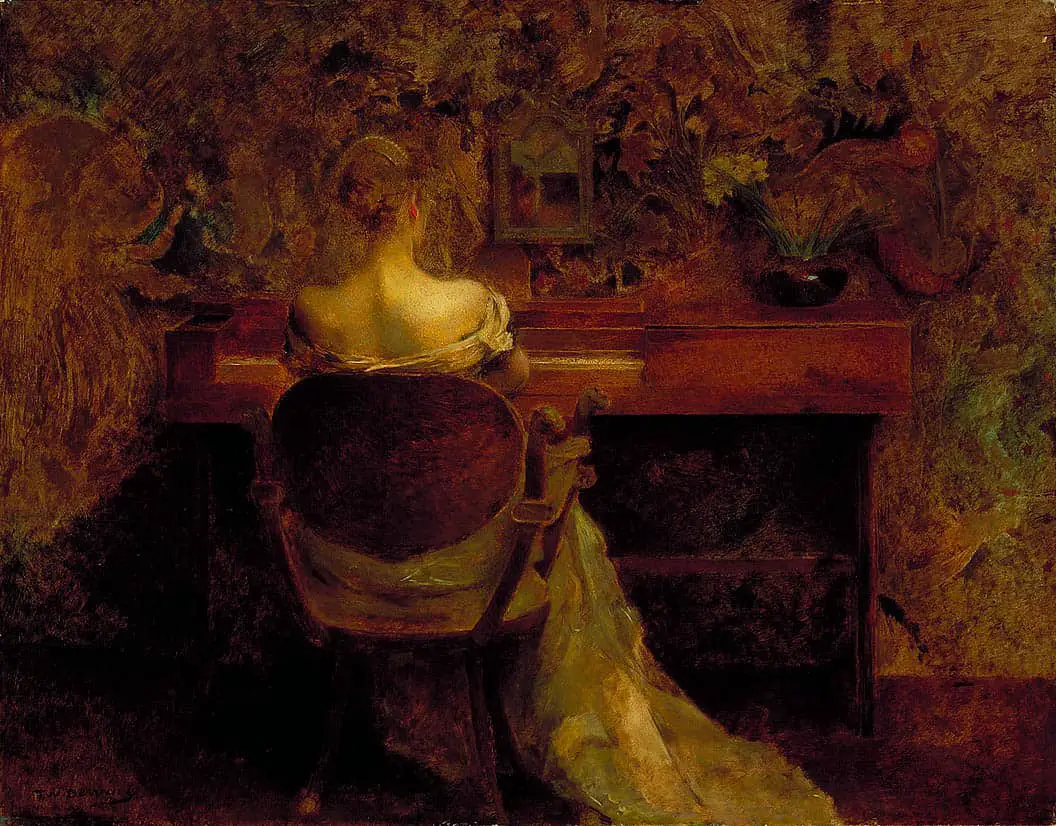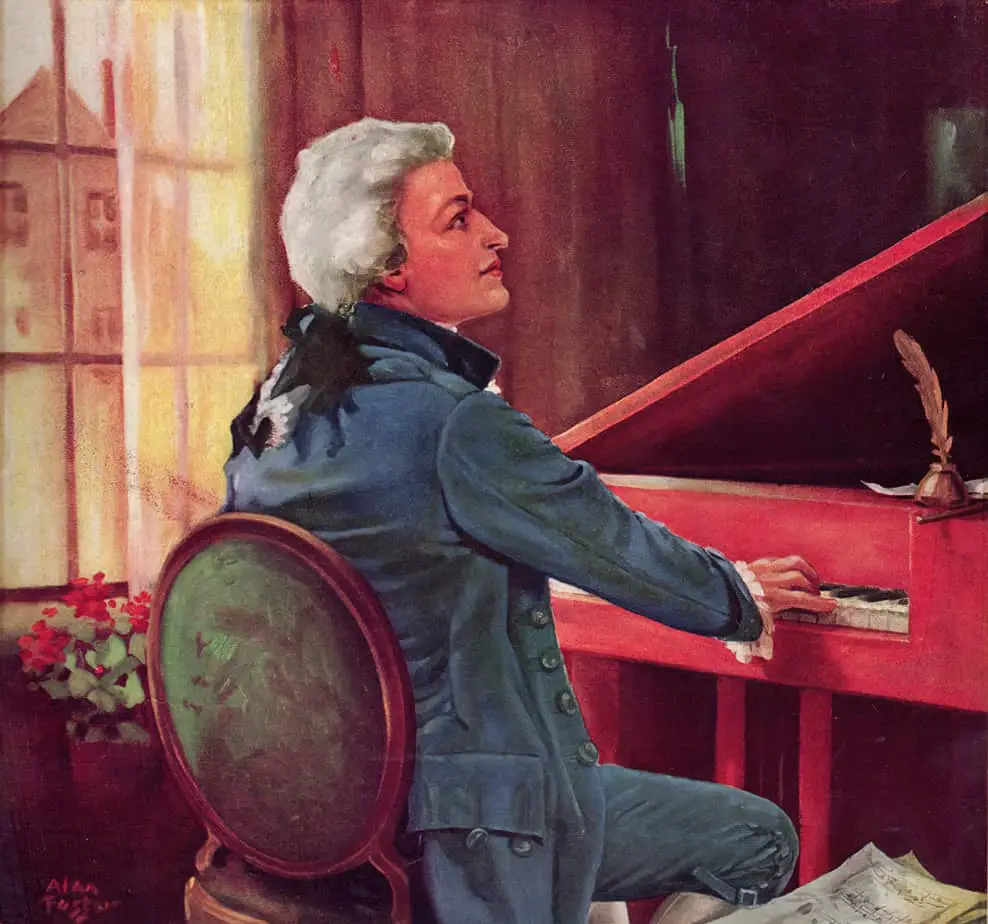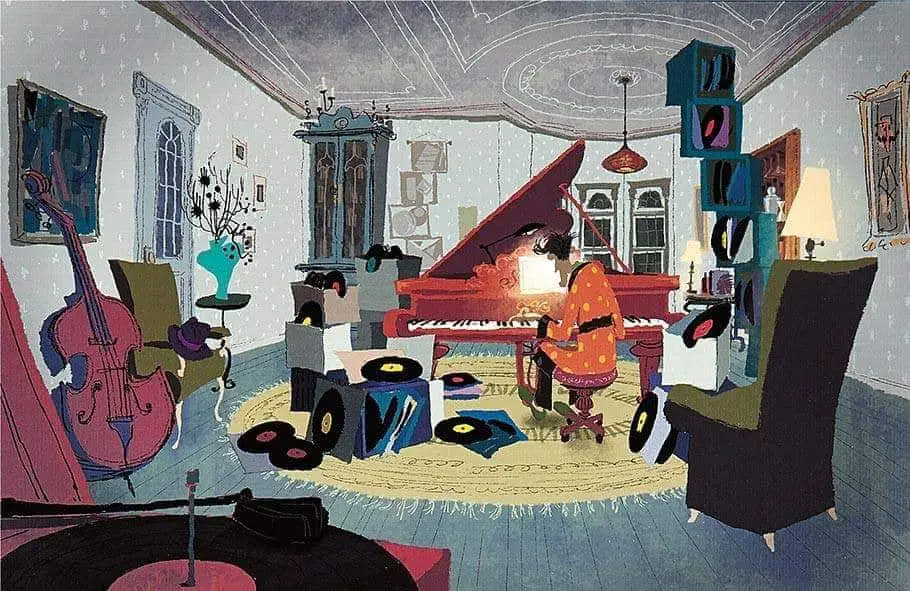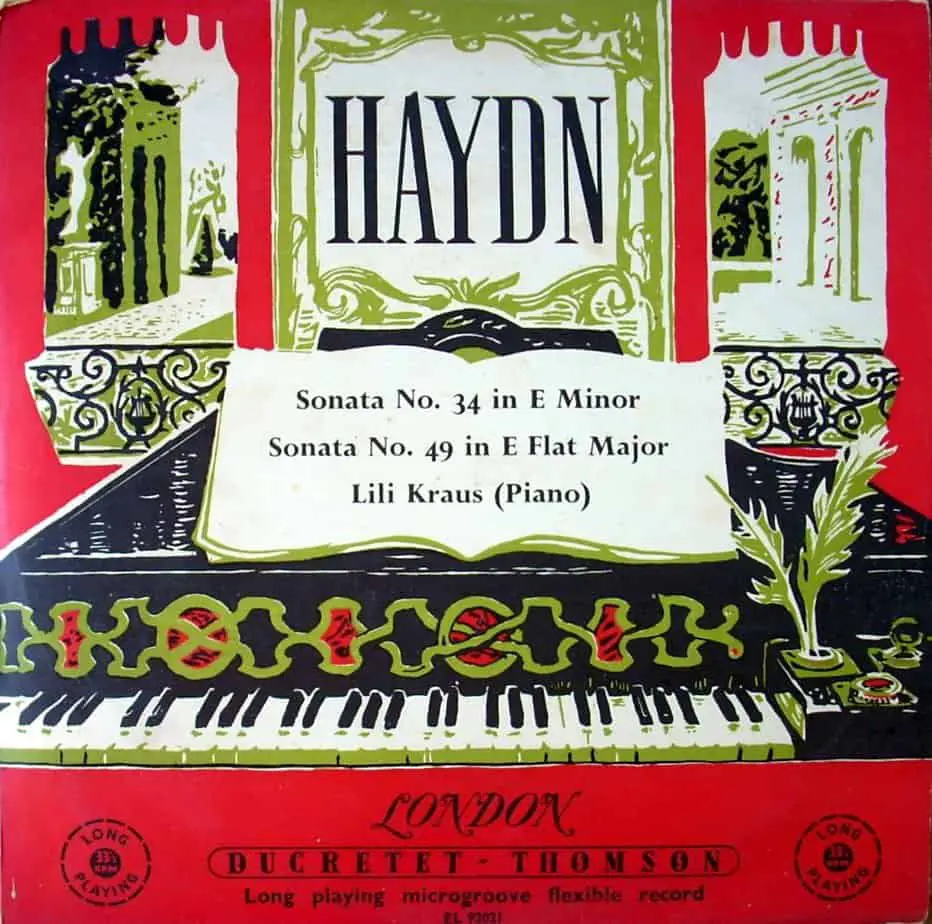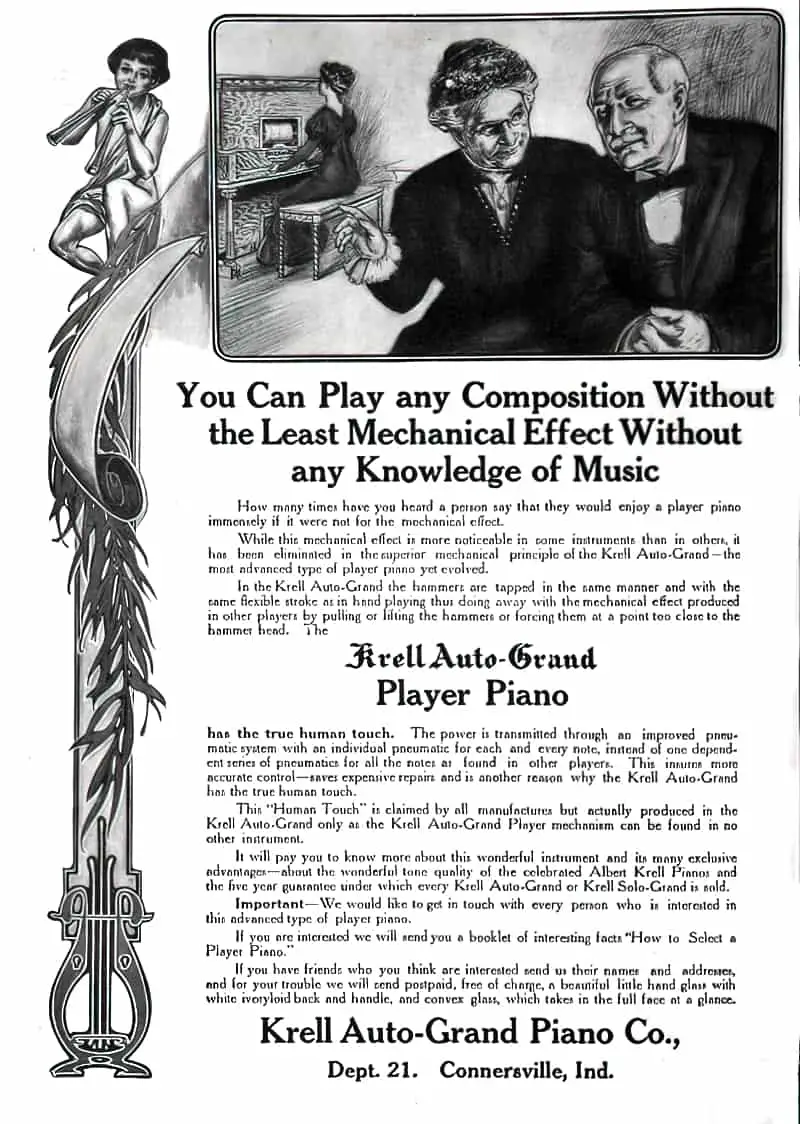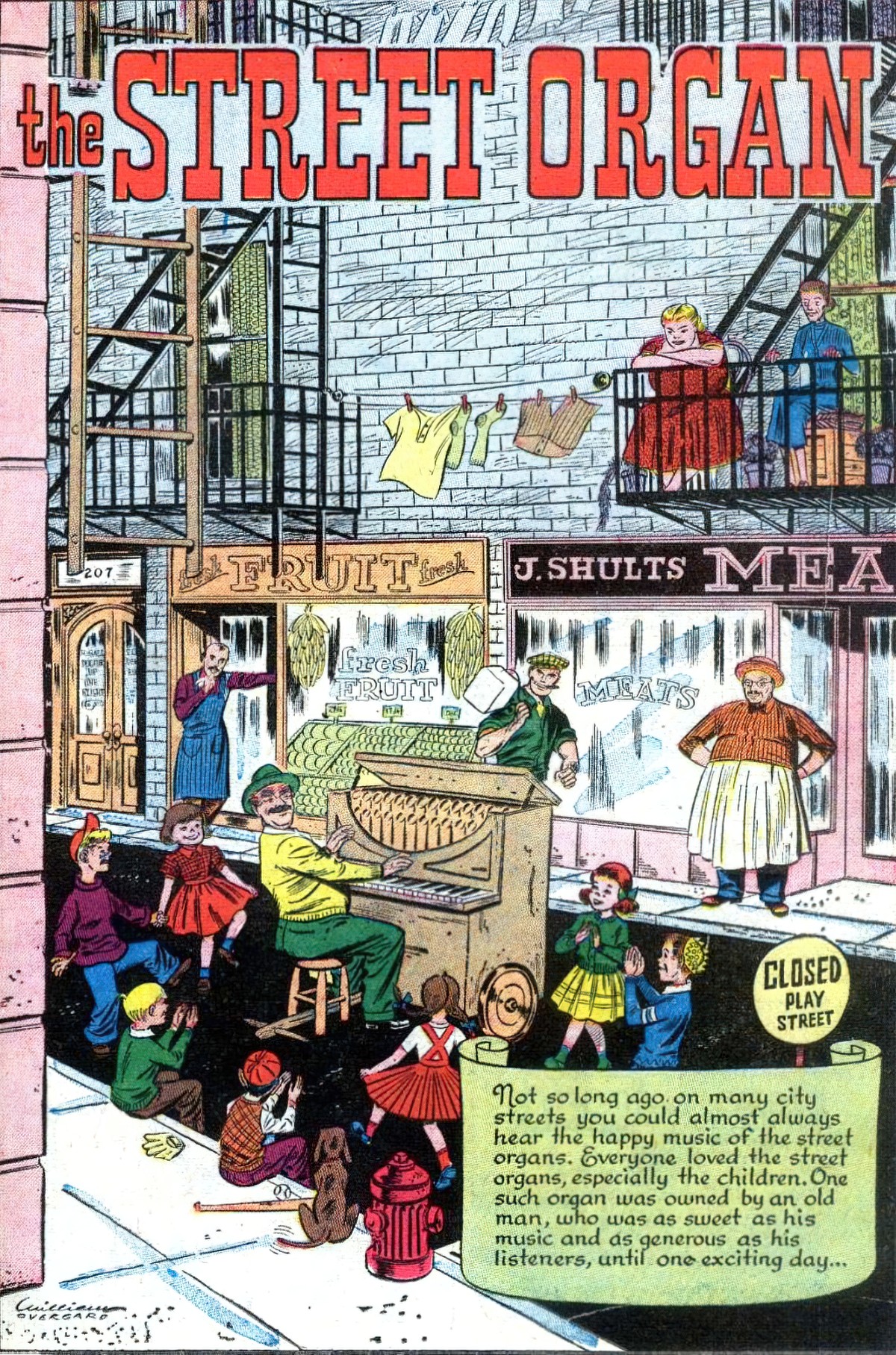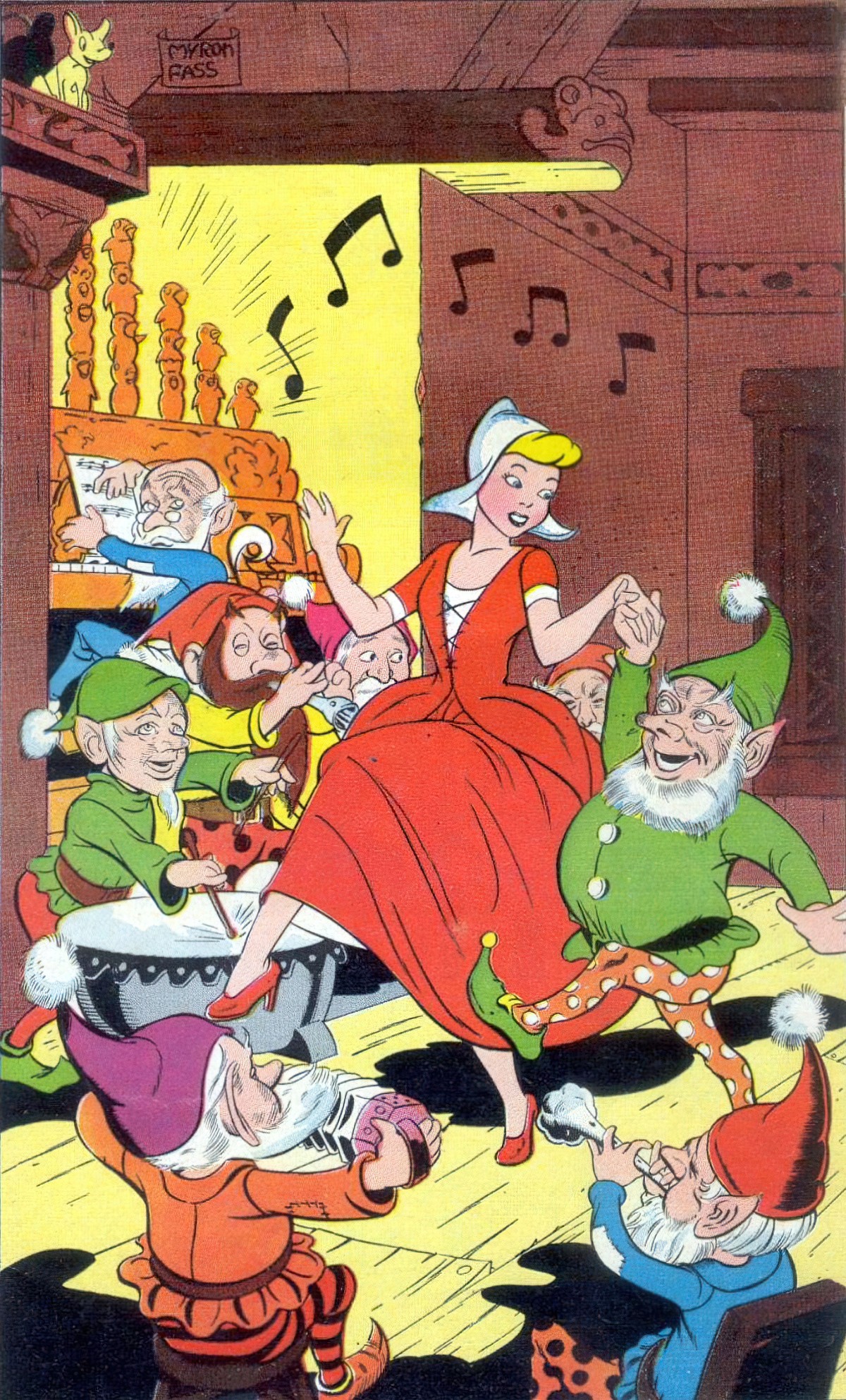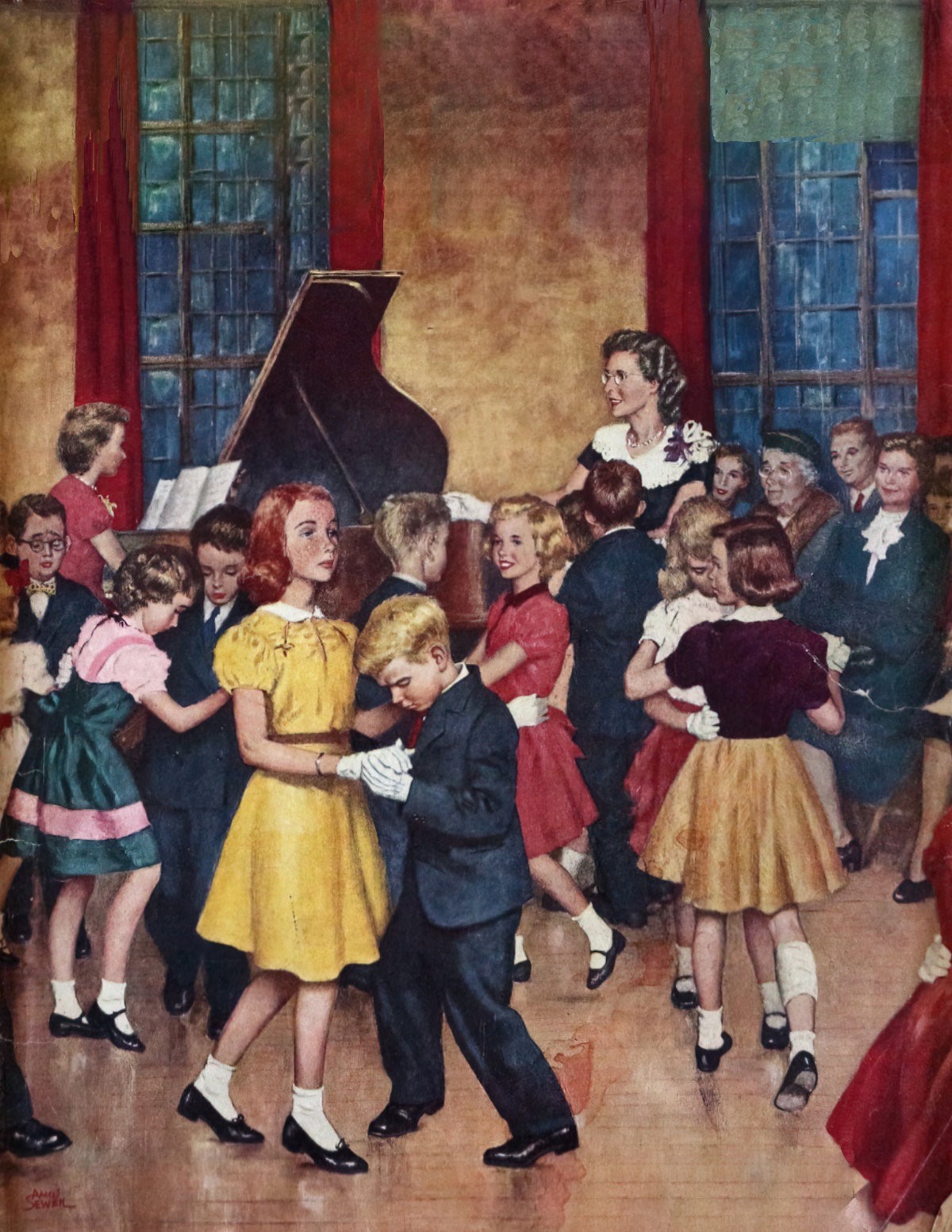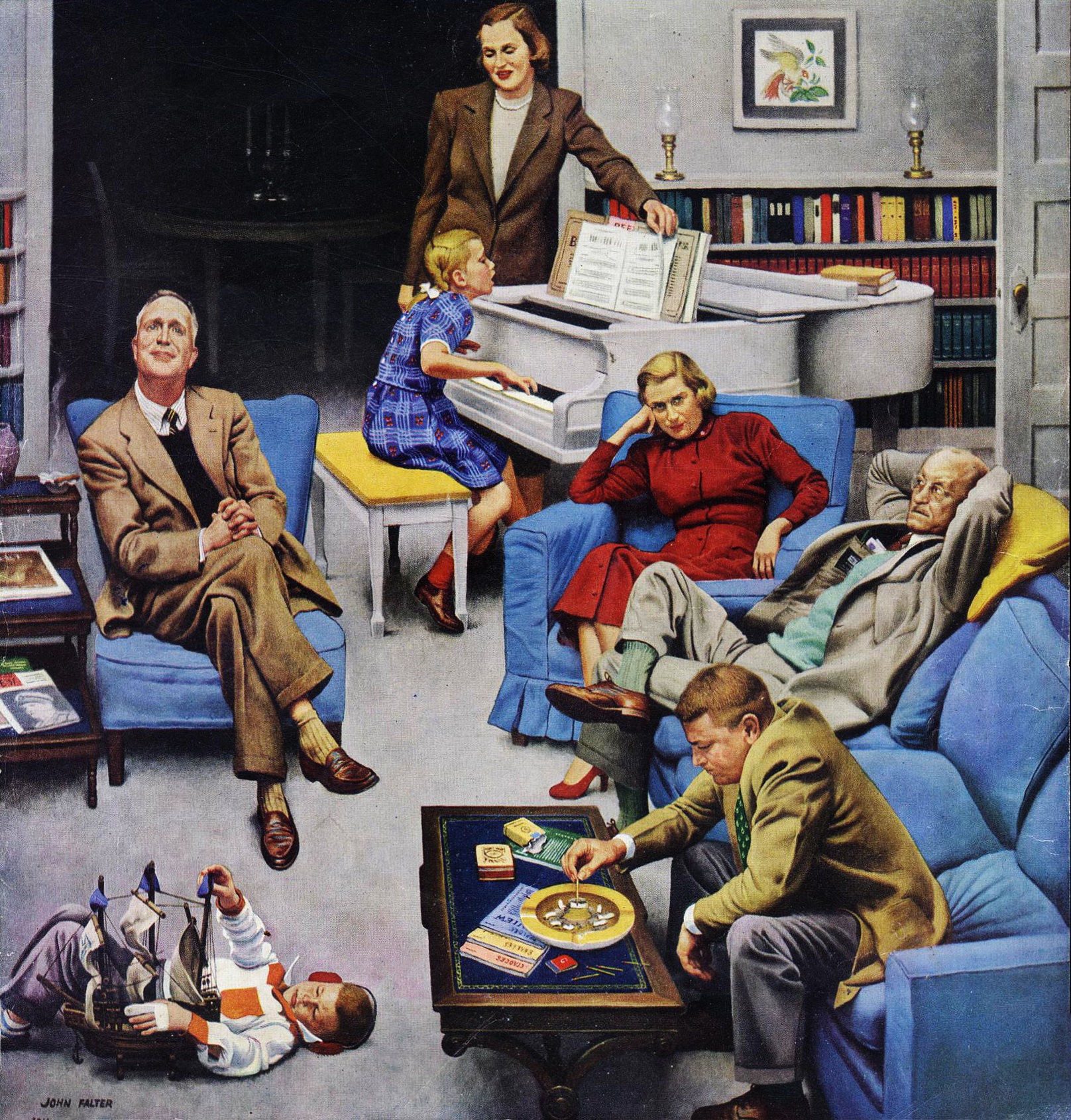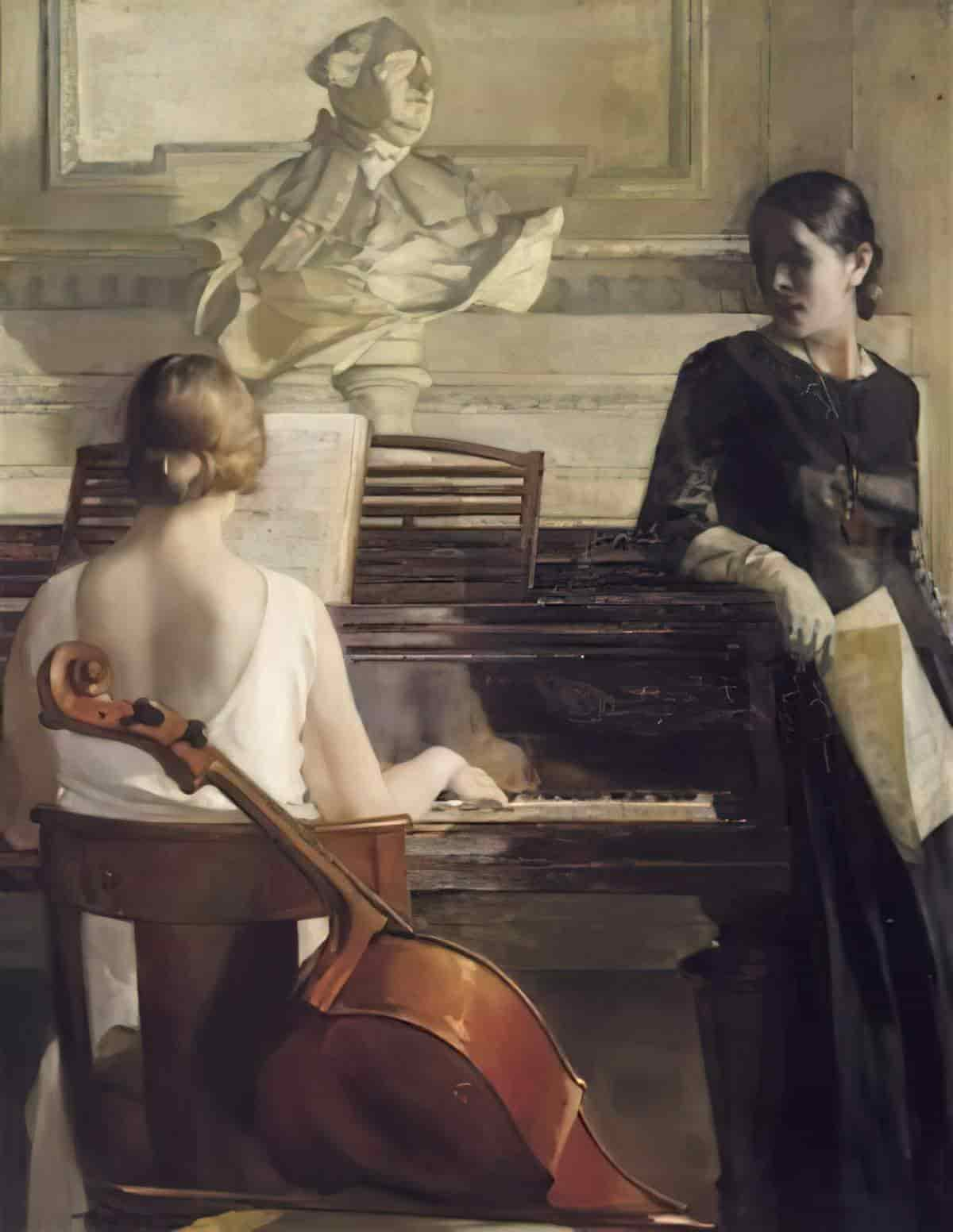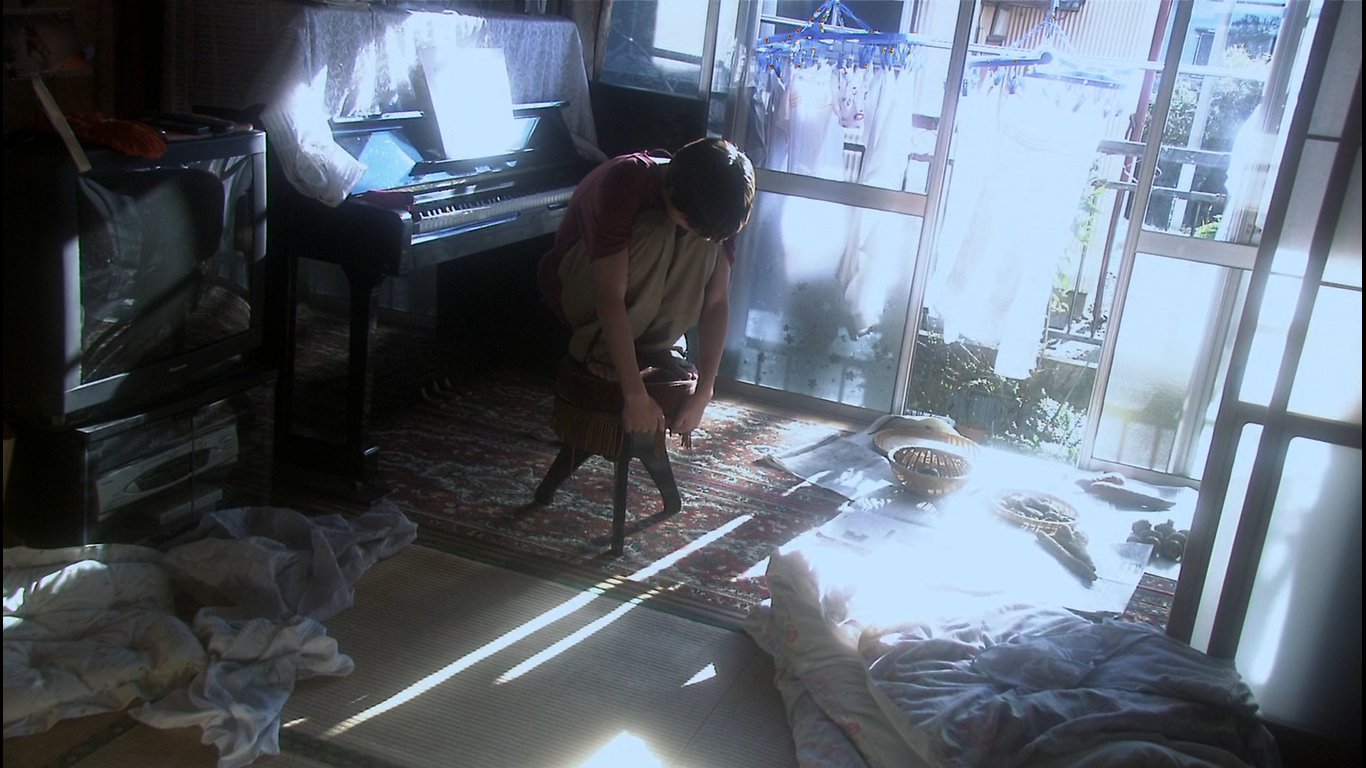This was insomniac memory, not a dream. It was the piano lesson again—an orange-tiled floor, one high window, a new upright in a bare room close to the sickbay. He was eleven years old, attempting what others might know as Bach’s first prelude from Book One of The Well-tempered Clavier, simplified version, but he knew nothing of that. He didn’t wonder whether it was famous or obscure. It had no when or where. He could not conceive that someone had once troubled to write it. The music was simply here, a school thing, or dark, like a pine forest in winter, exclusive to him, his private labyrinth of cold sorrow. It would never let him leave.
The teacher sat close by him on the long stool. Round-faced, erect, perfumed, strict. Her beauty lay concealed behind her manner. She never scowled or smiled. Some boys said she was mad, but he doubted that.
He made a mistake in the same place, the one he always made, and she leaned closer to show him. Her arm was firm and warm against his shoulder, her hands, her painted nails, were right above his lap. He felt a terrible tingling draining his attention.
“Listen. It’s an easy rippling sound.”
But as she played, he heard no easy rippling. Her perfume overwhelmed his senses and deafened him. It was a rounded cloying scent, like a hard object, a smooth river stone, pushing in on his thoughts. Three years later he learned it was rosewater.
“Try again.” She said it on a rising tone of warning. She was musical, he was not. He knew that her mind was elsewhere and that he bored her with his insignificance—another inky boy in a boarding school. His fingers were pressing down on the tuneless keys. He could see the bad place on the page before he reached it, it was happening before it happened, the mistake was coming towards him, arms outstretched like a mother, ready to scoop him up, always the same mistake coming to collect him without the promise of a kiss. And so it happened. His thumb had its own life.
Together, they listened to the bad notes fade into the hissing silence.
“Sorry,” he whispered to himself.
Her displeasure came as a quick exhalation through her nostrils, a reverse sniff he had heard before. Her fingers found his inside leg, just at the hem of his grey shorts, and pinched him hard. That night there would be a tiny blue bruise. Her touch was cool as her hand moved up under his shorts to where the elastic of his pants met his skin. He scrambled off the stool and stood, flushed.
“Sit down. You’ll start again!”
the opening to Lessons by Ian McEwan (2022)
Pianos in art tend to feature women (rather than men). Piano art also quite frequently features cats. In the public imagination, cats and women are linked. Where there is a man, he’s statistically more likely to be gazing at the woman playing piano than actually playing himself.
